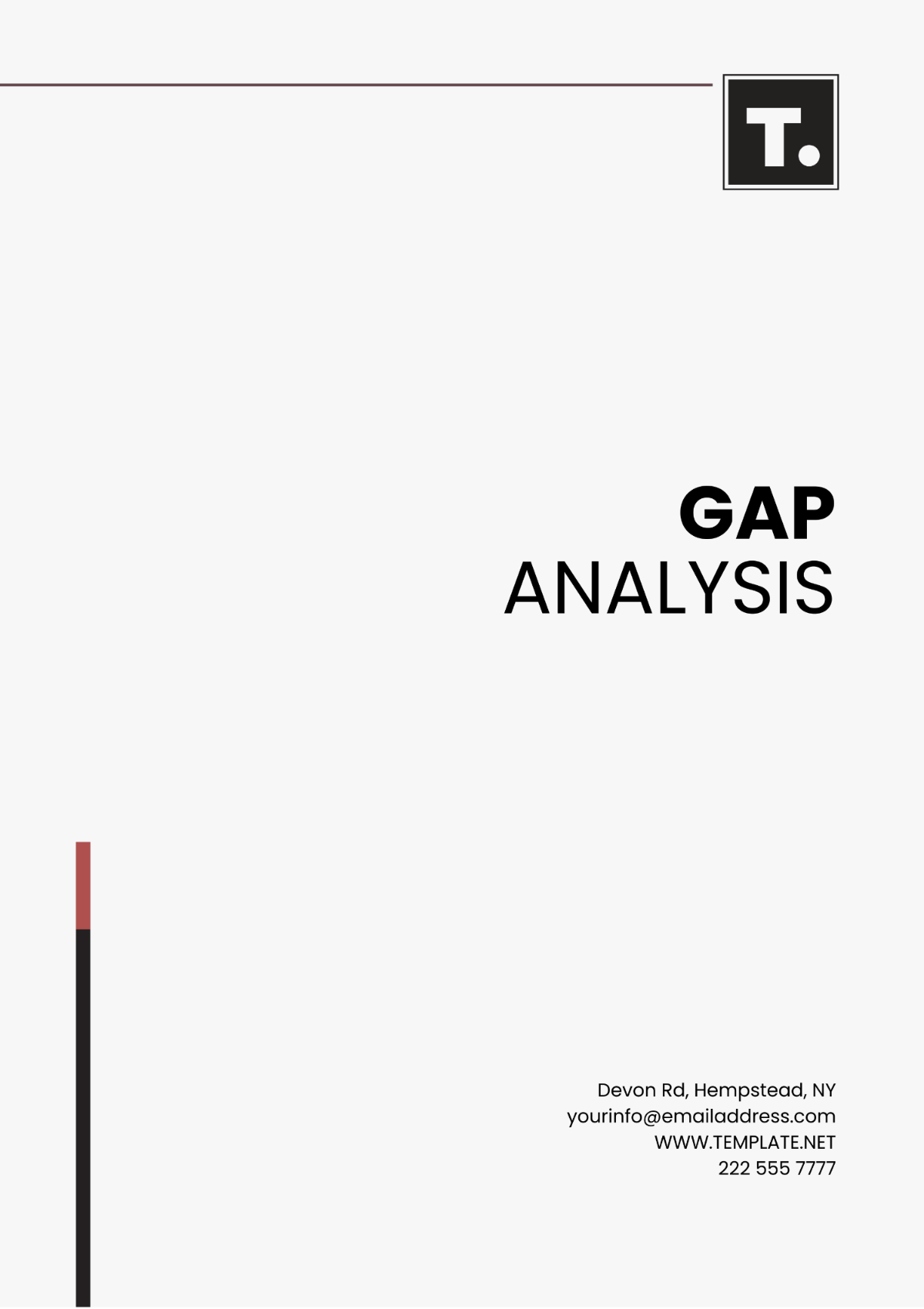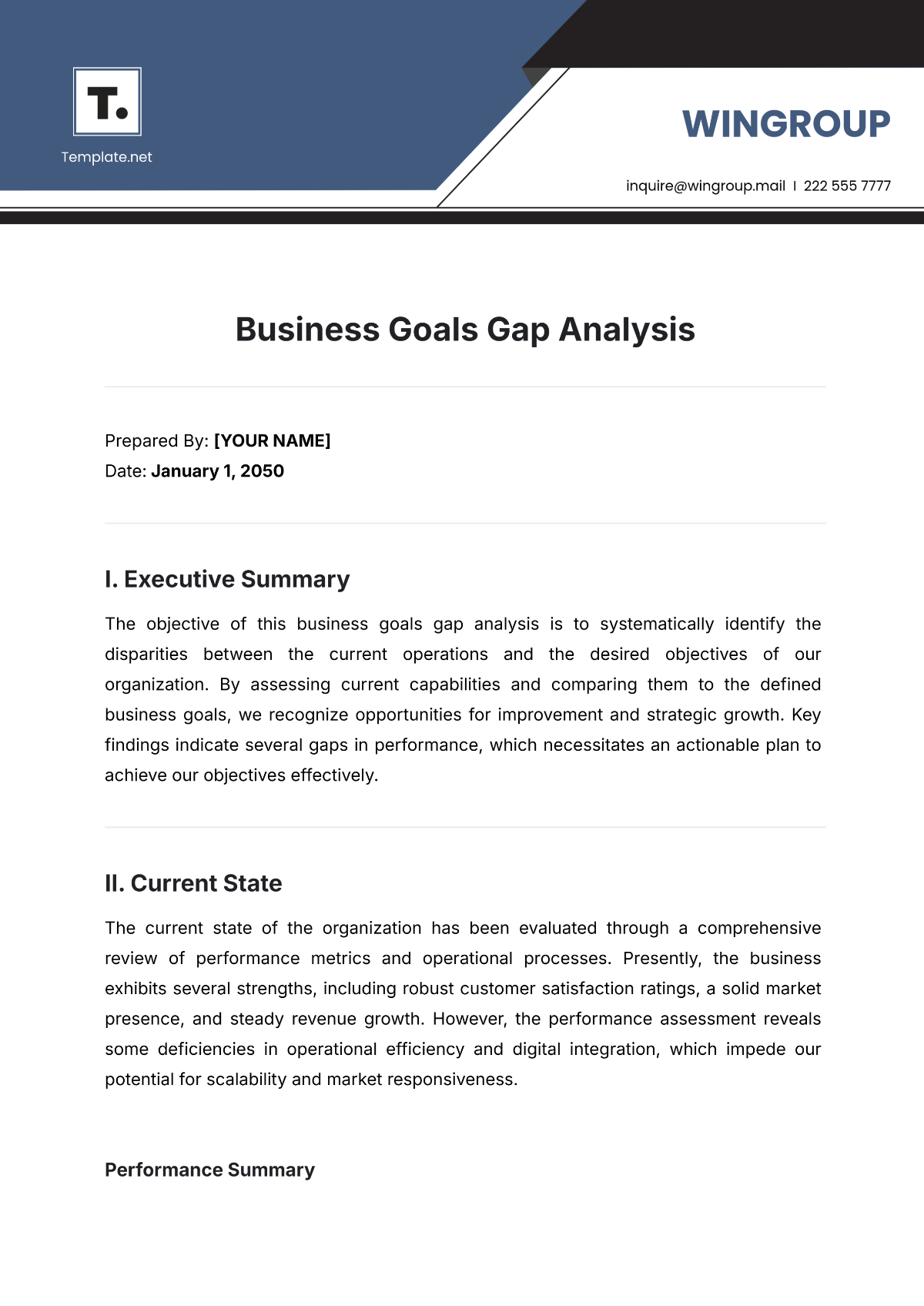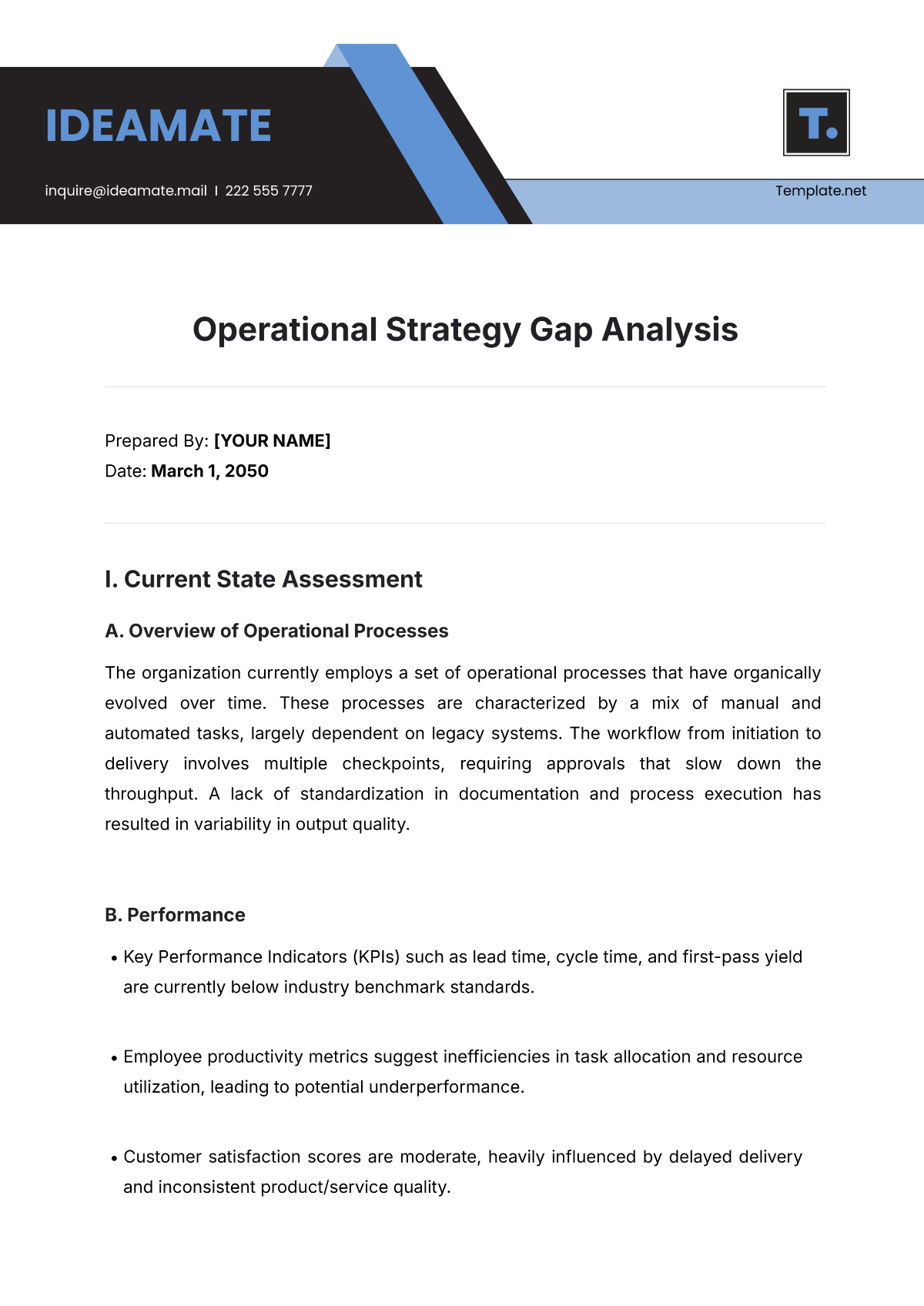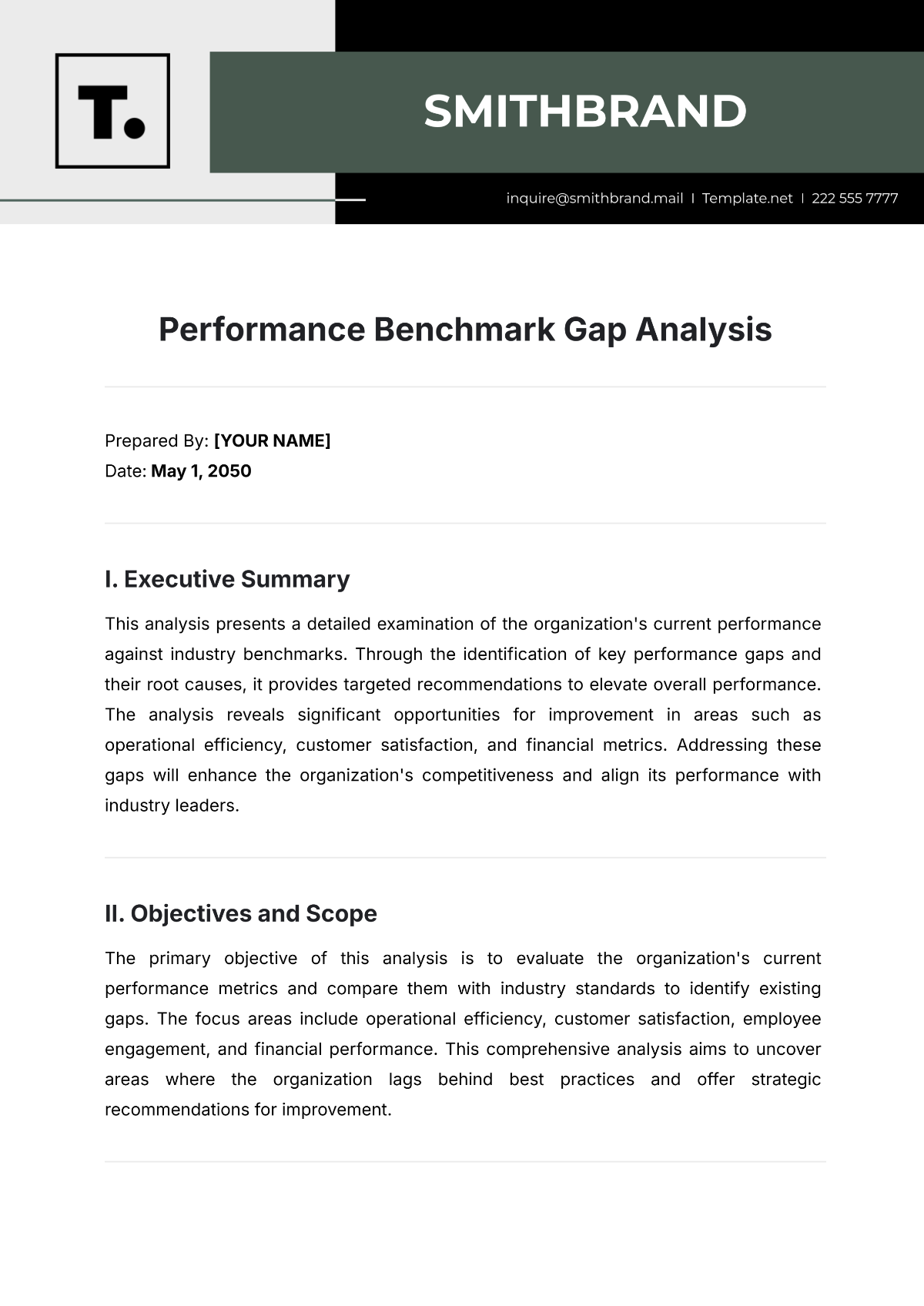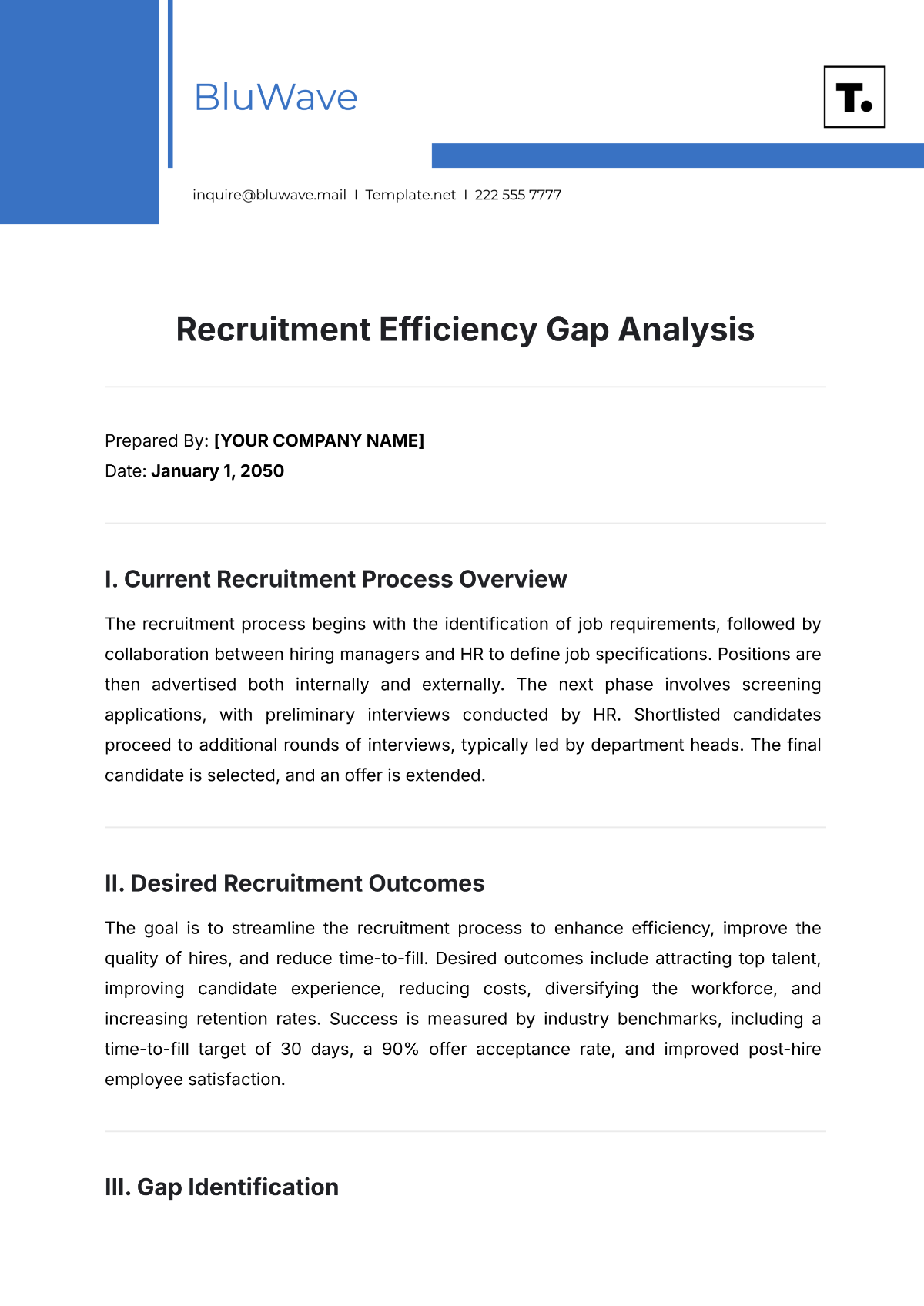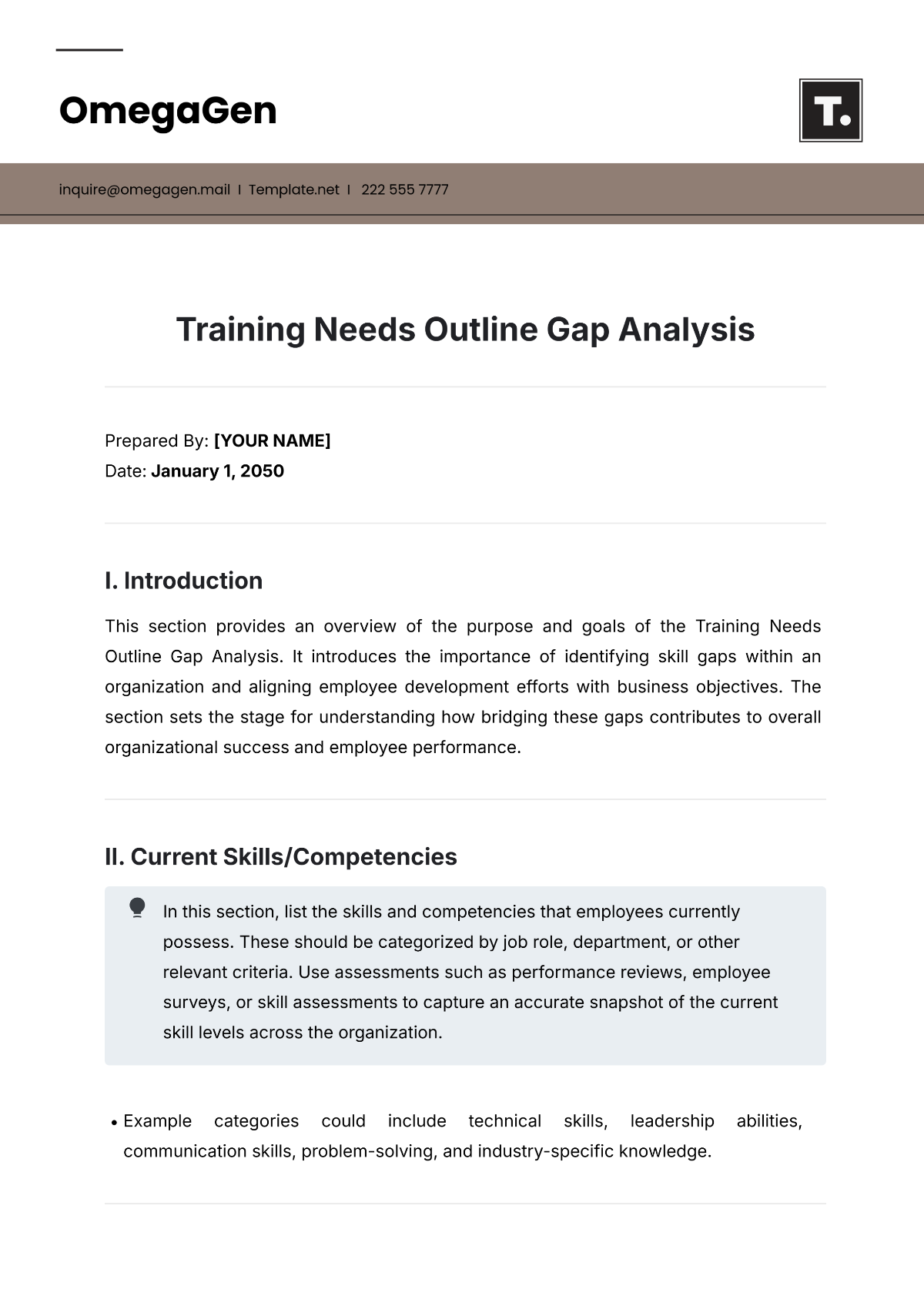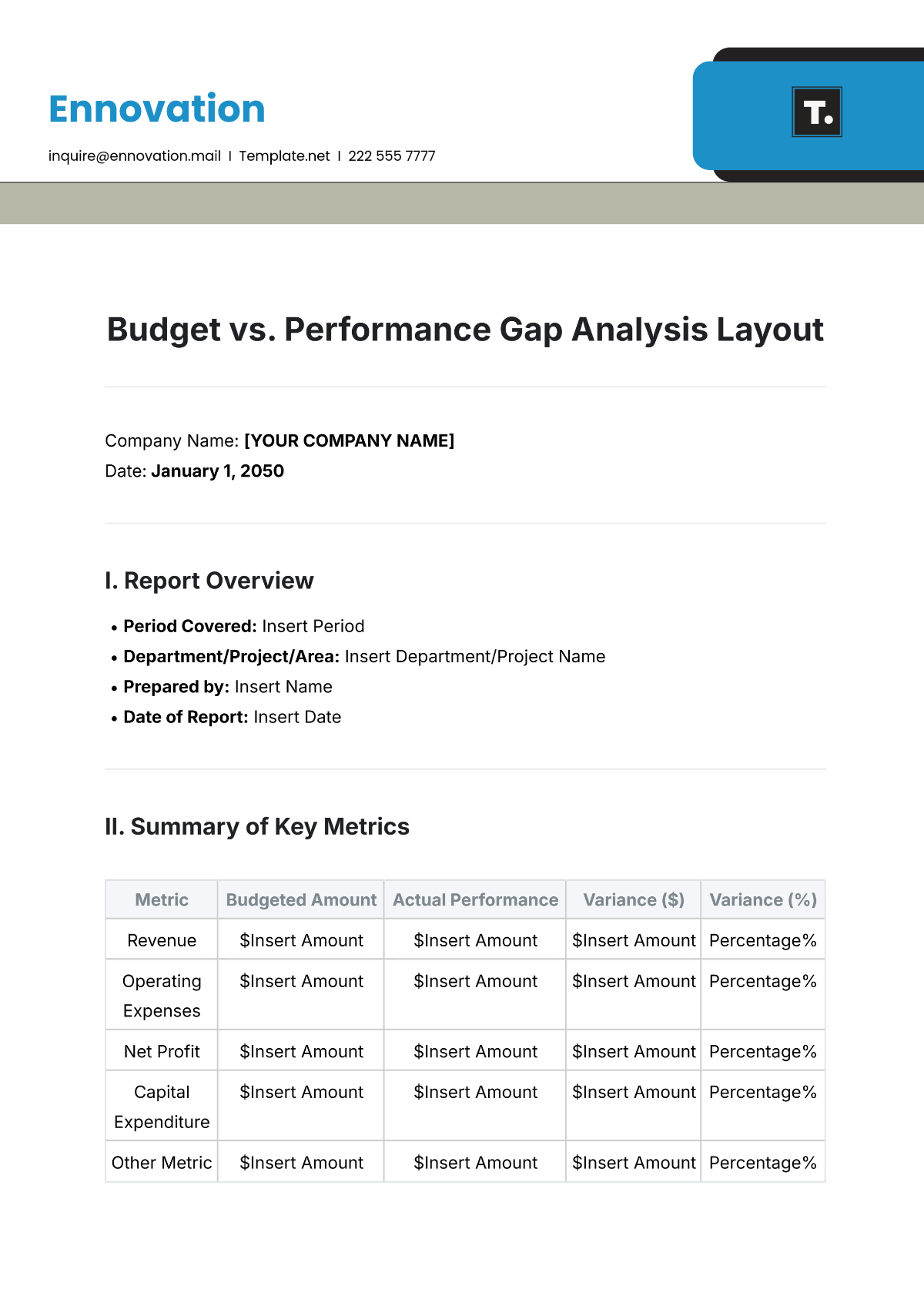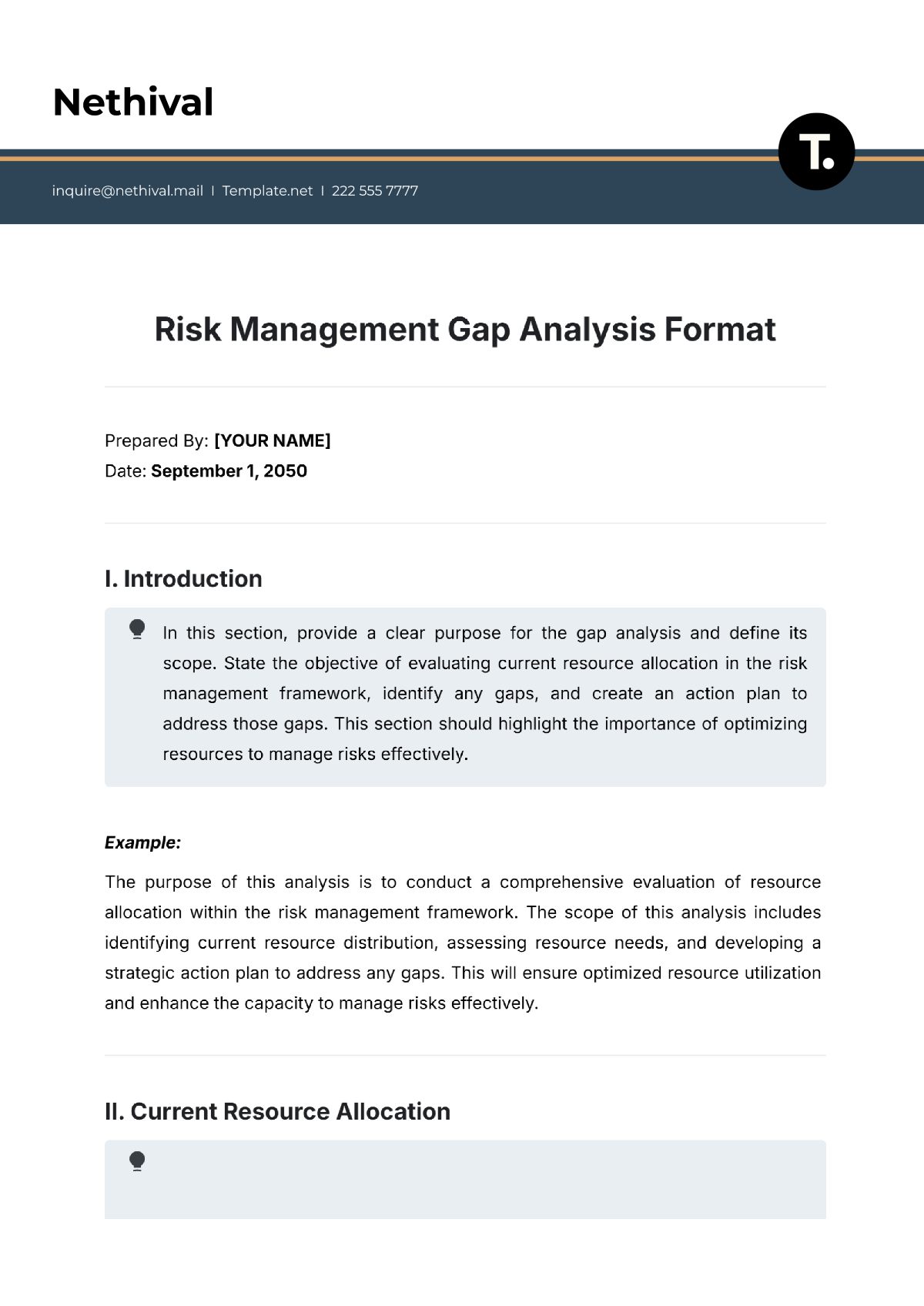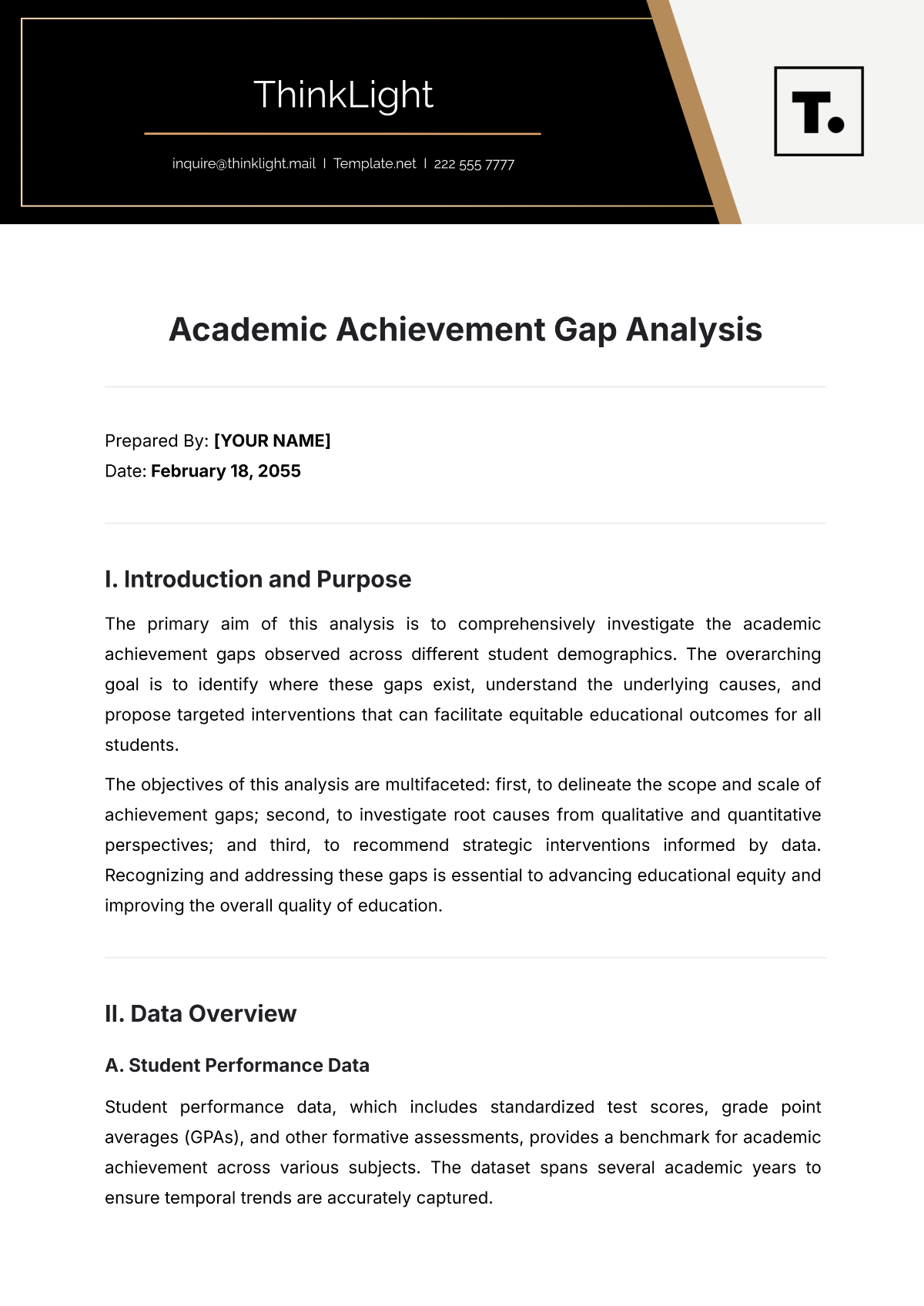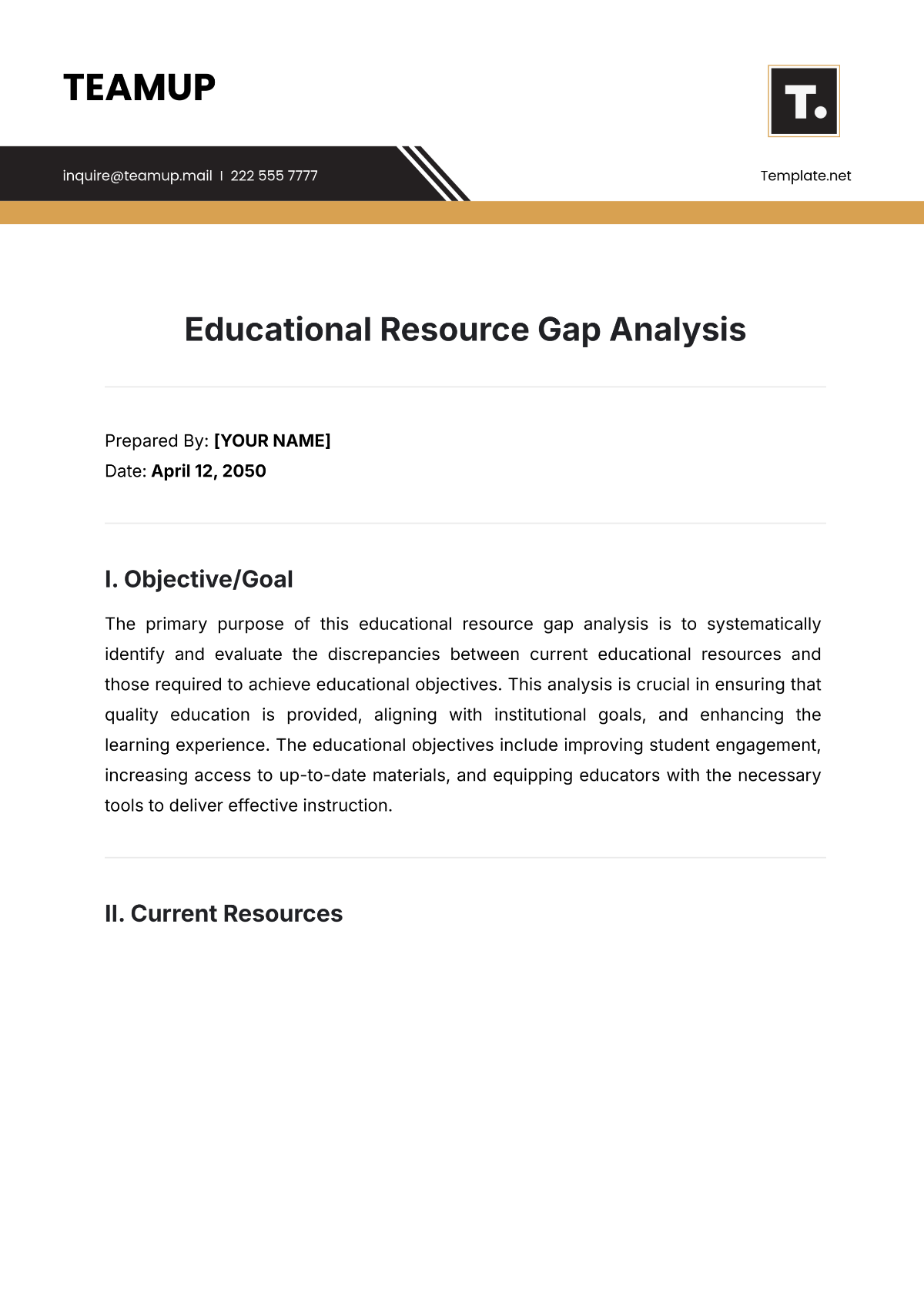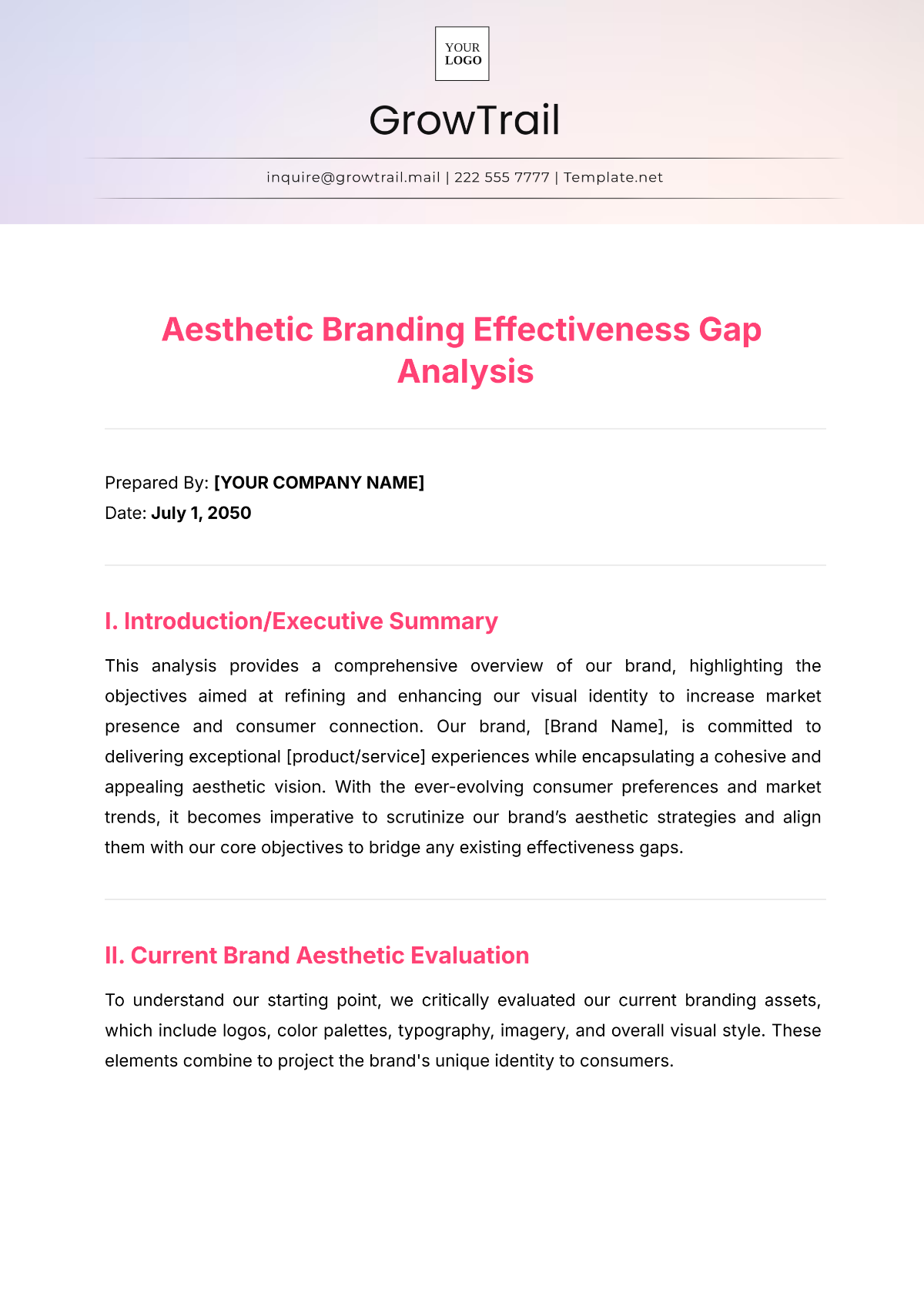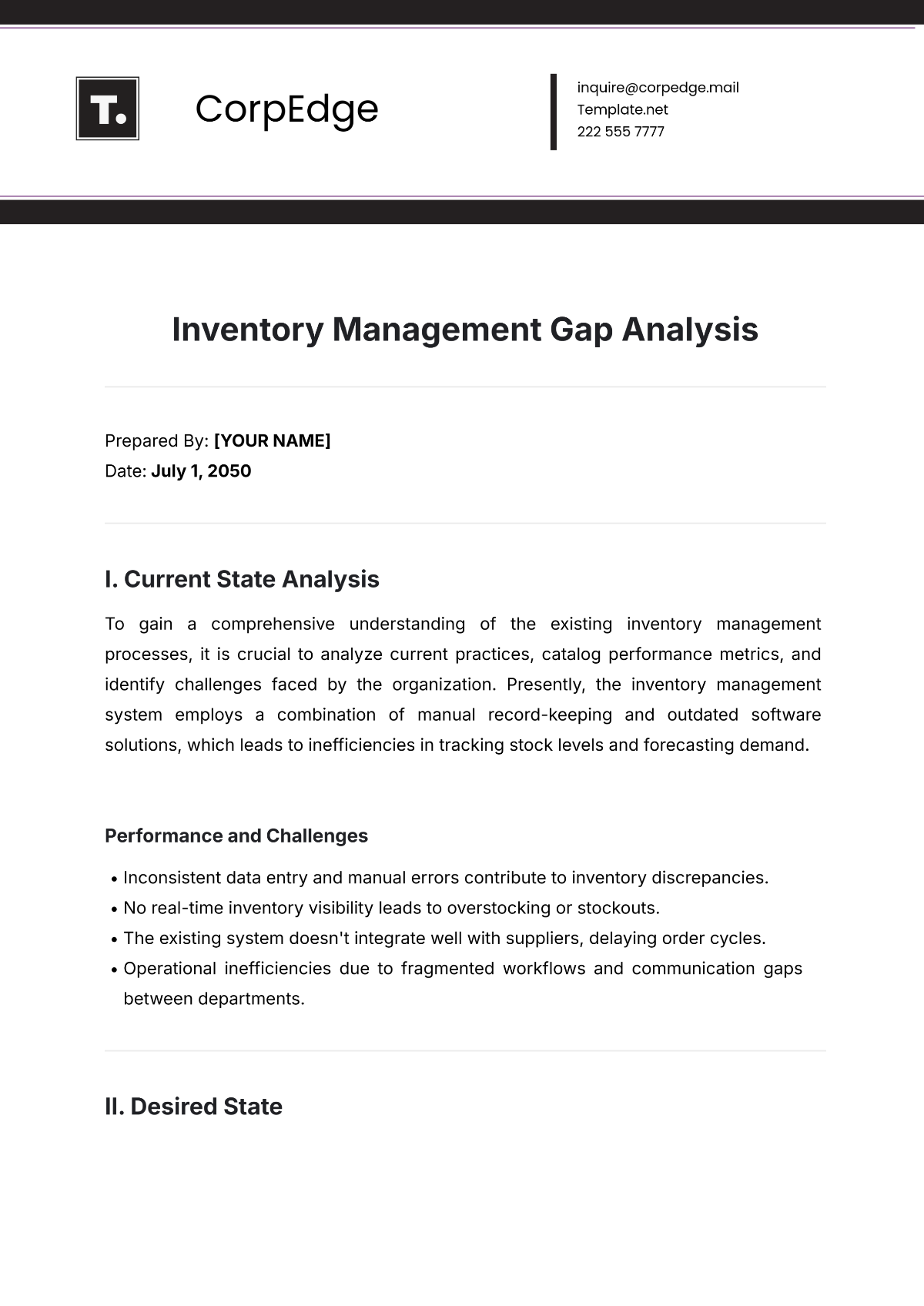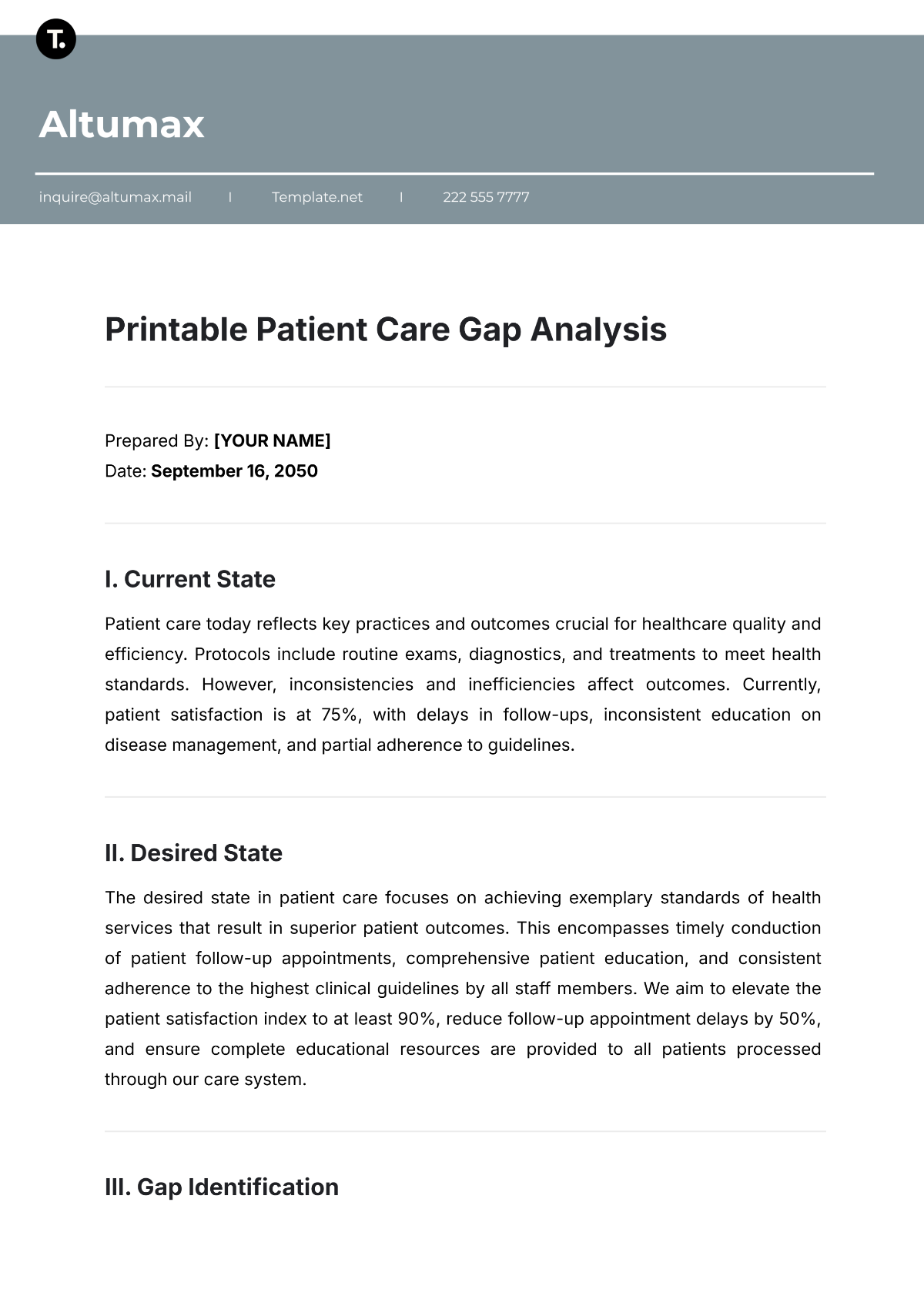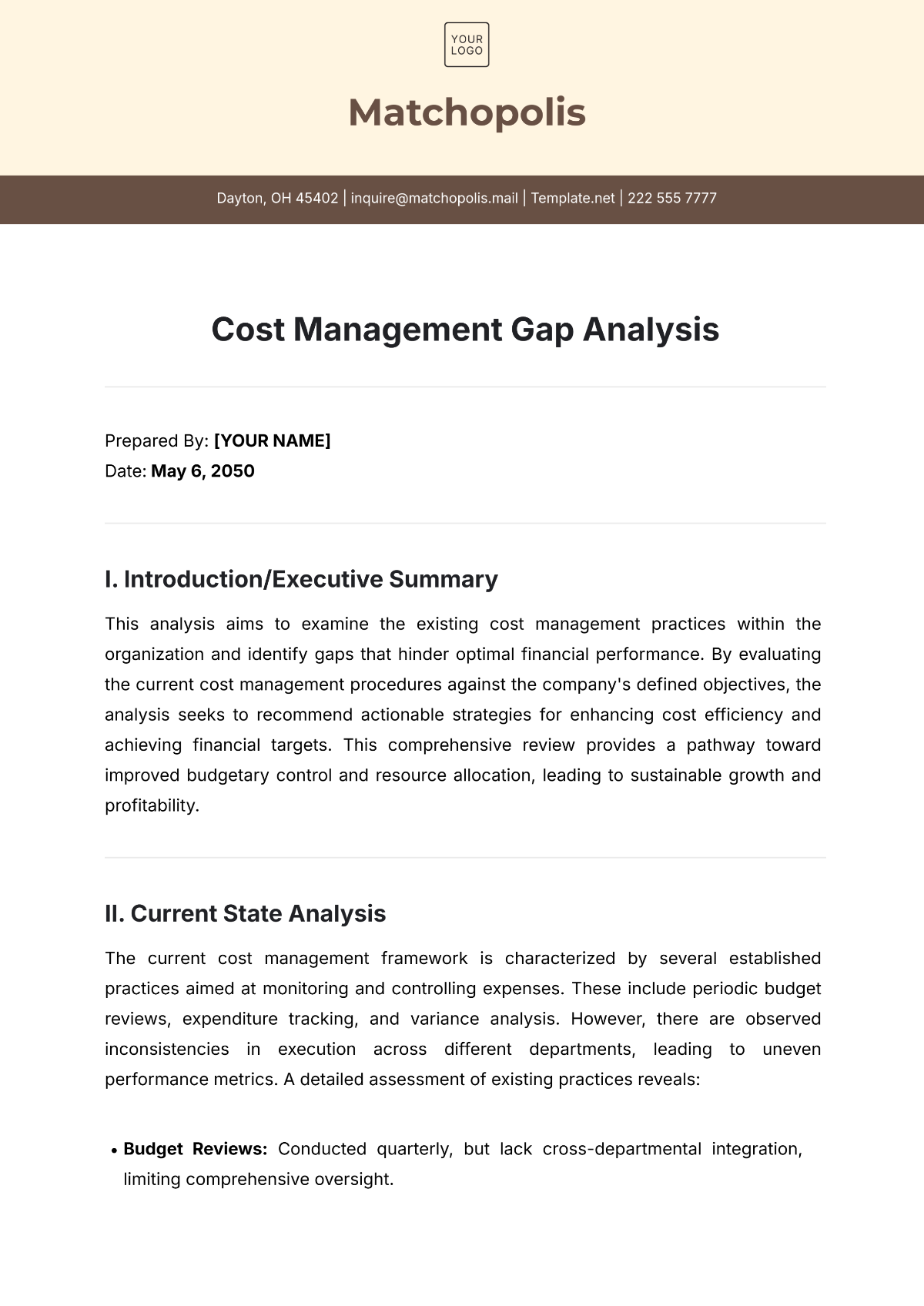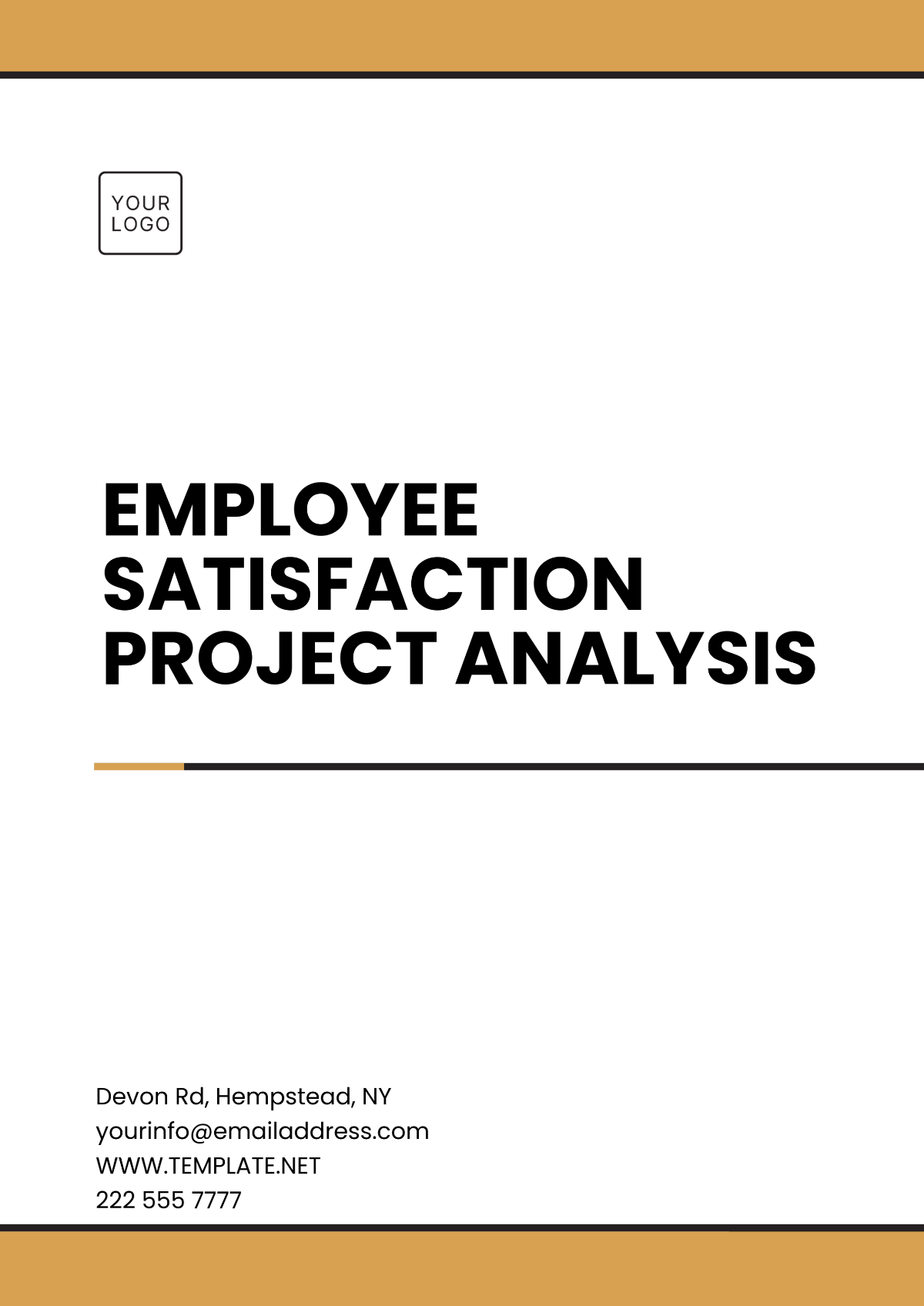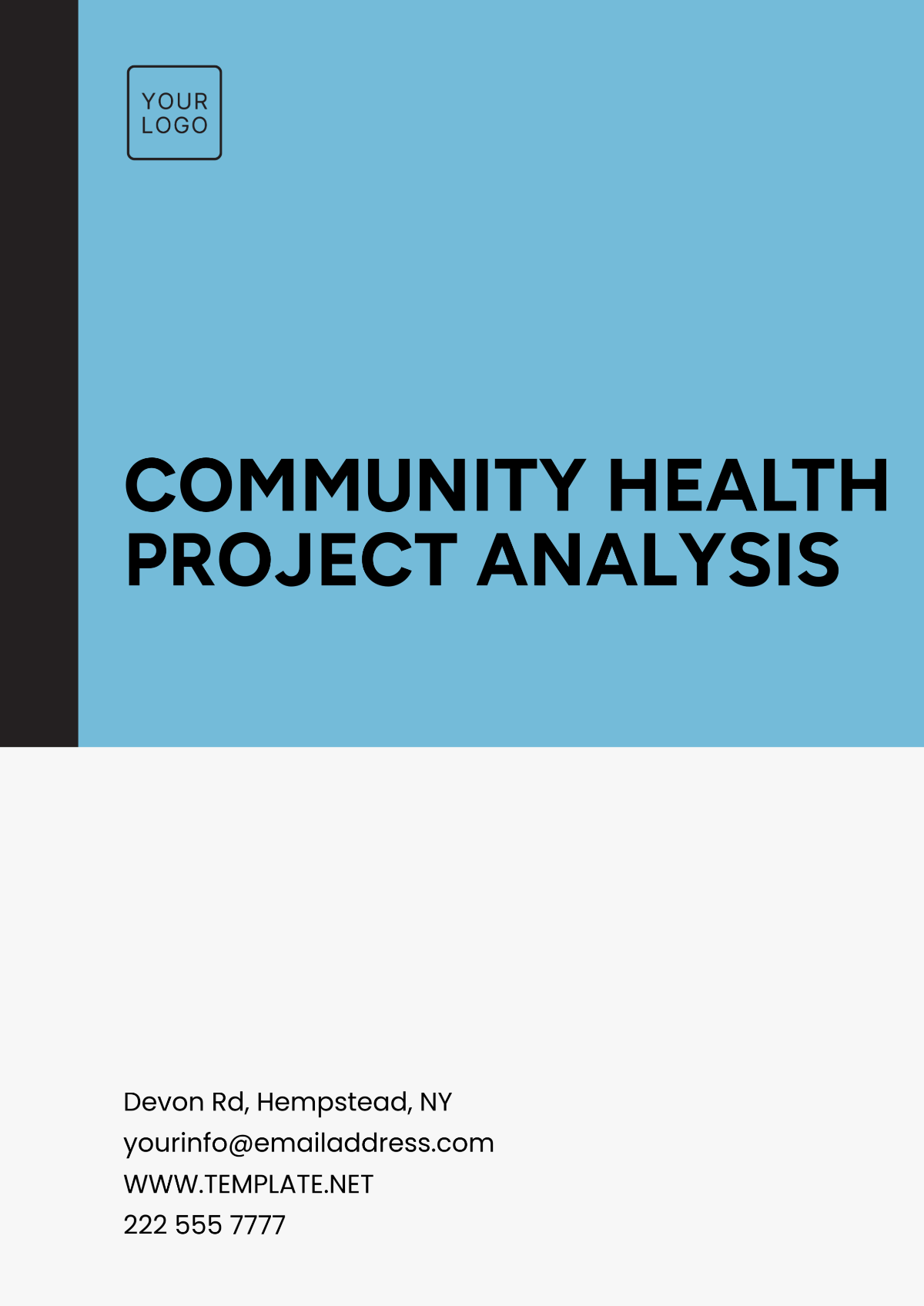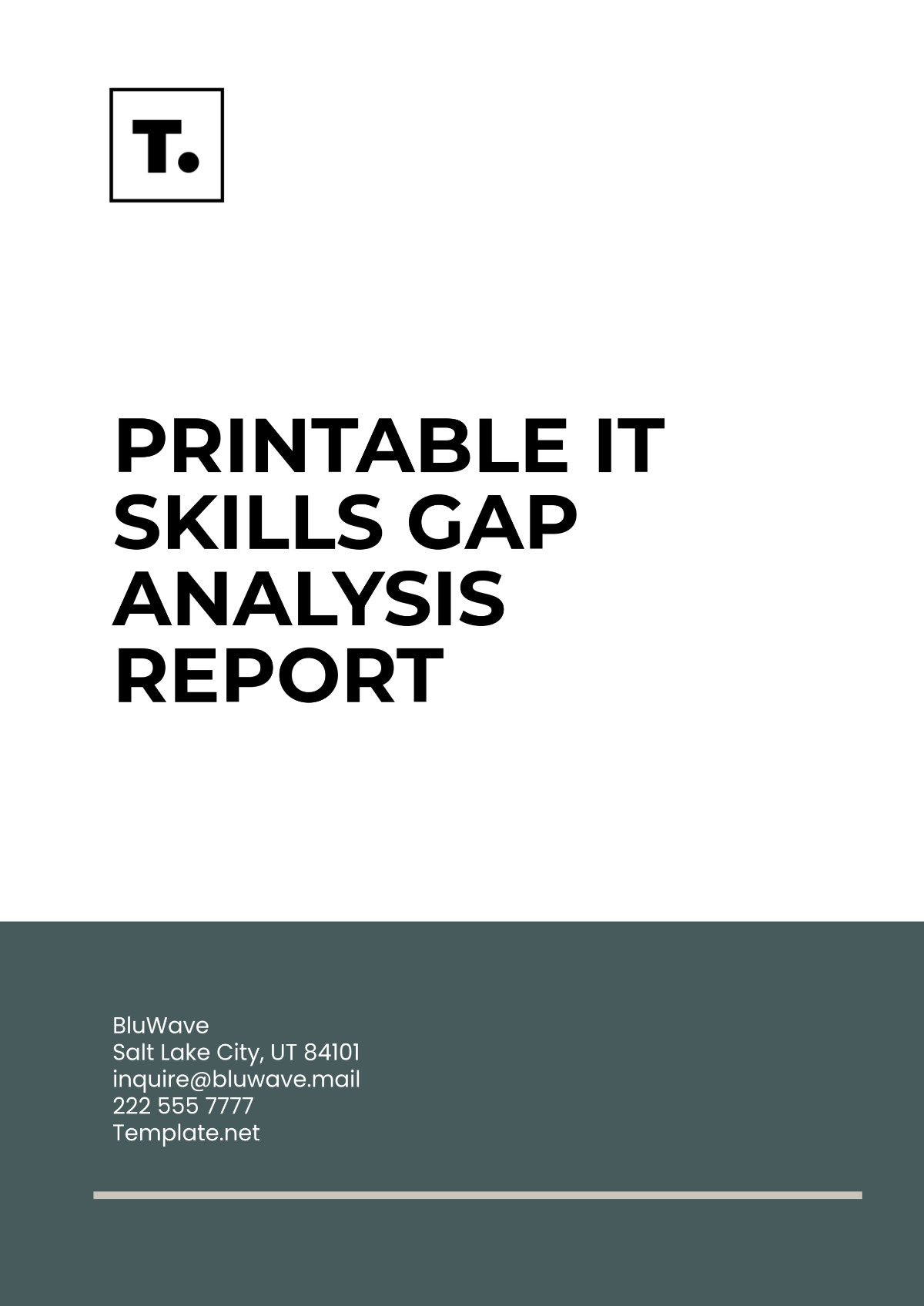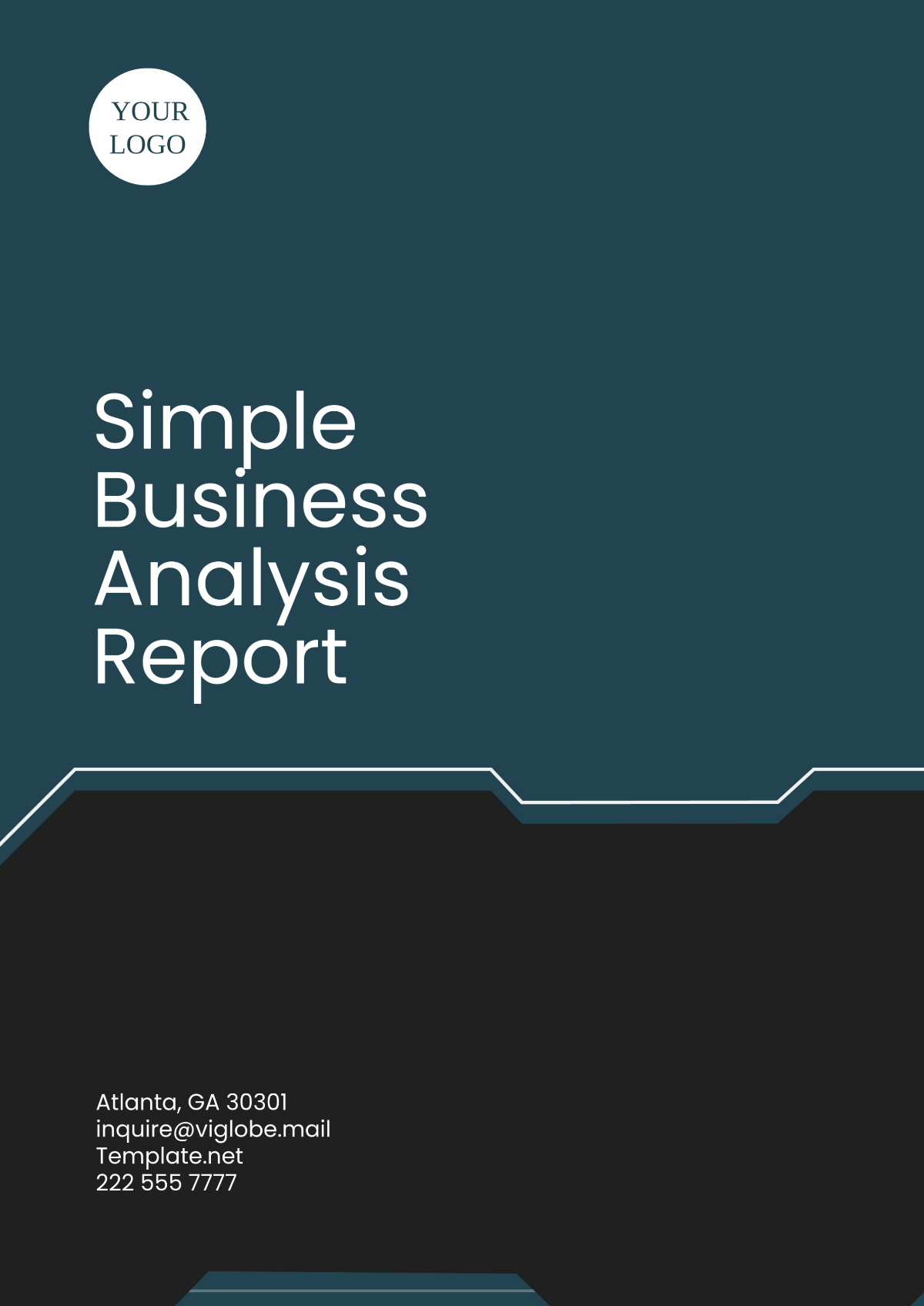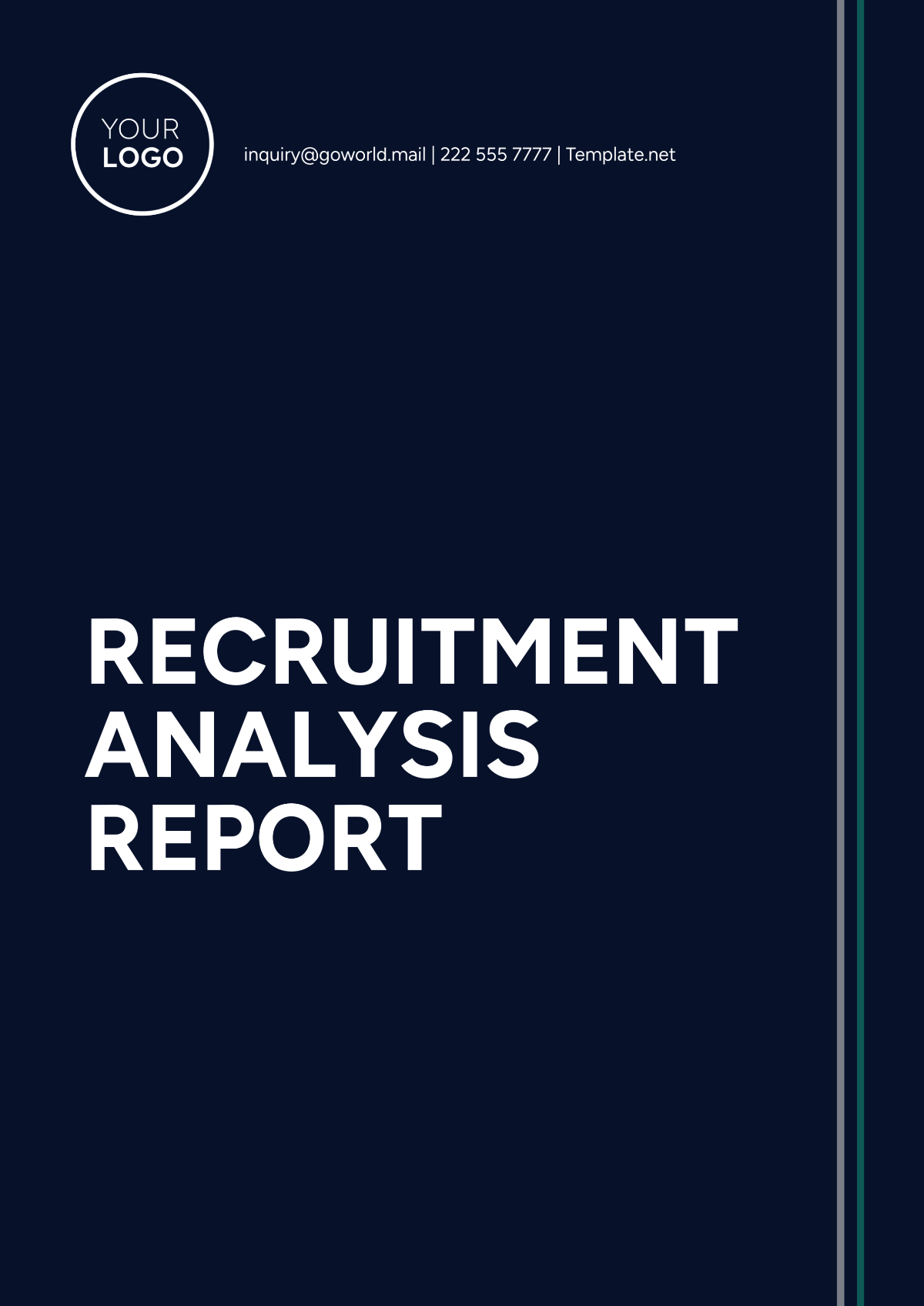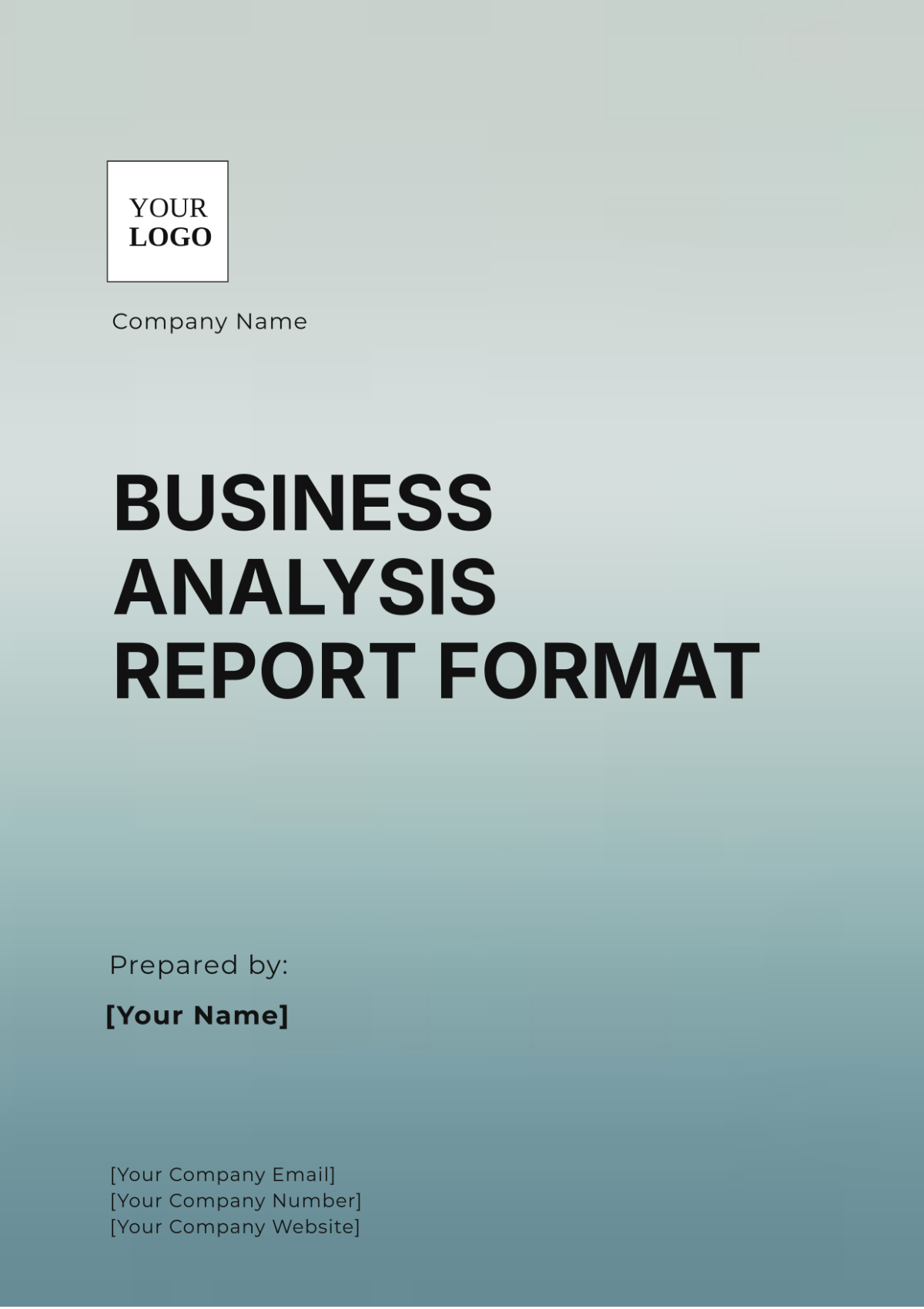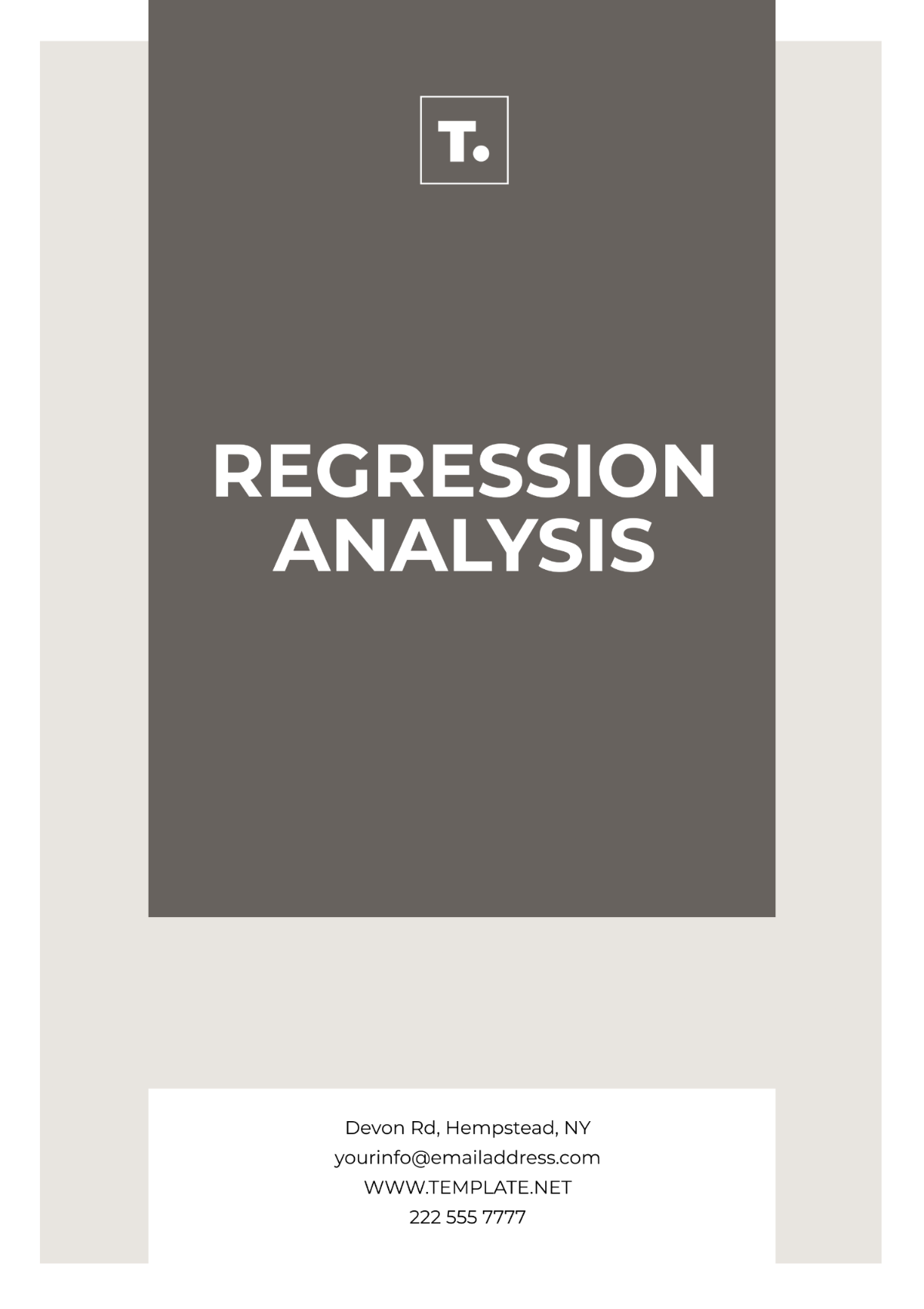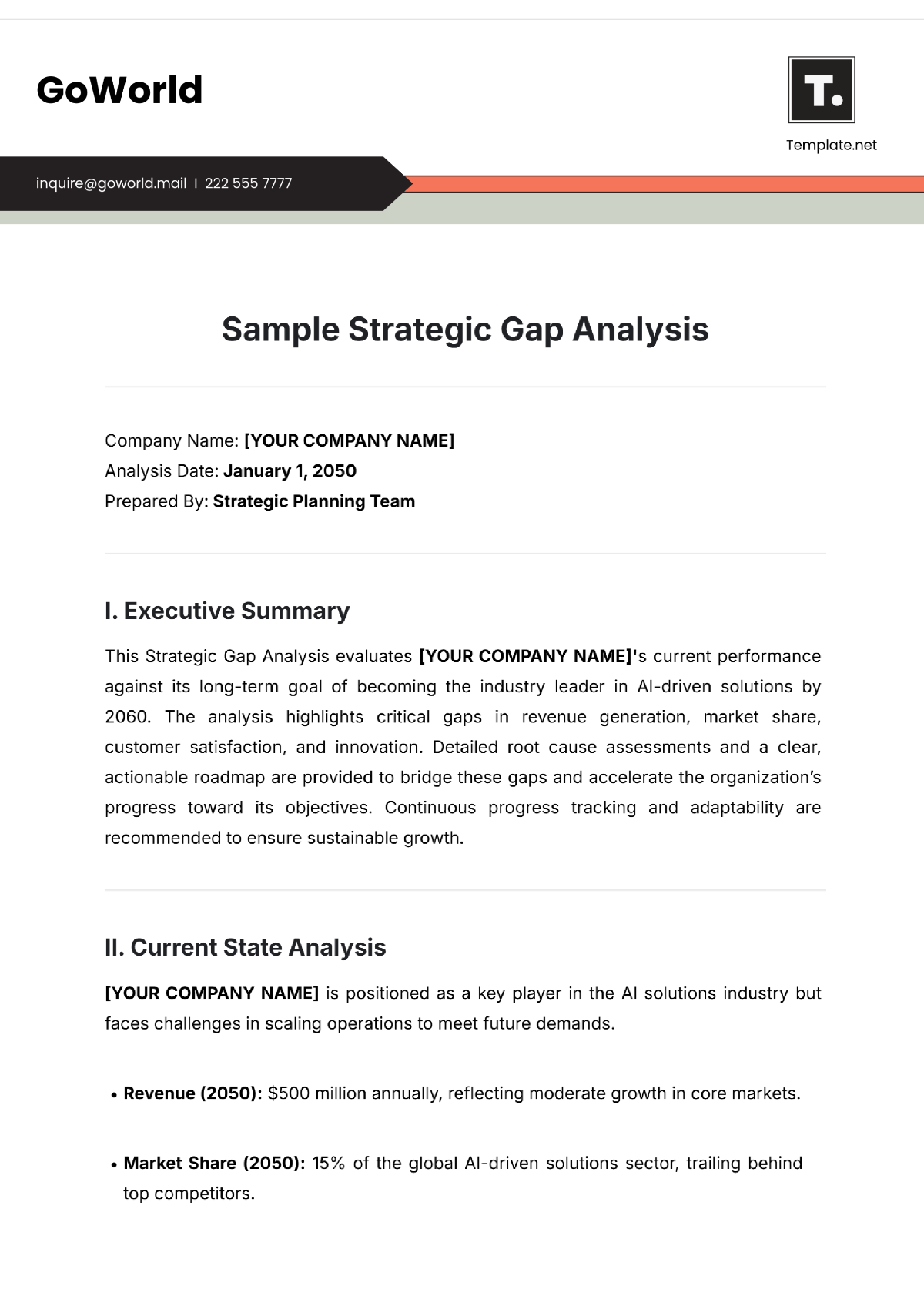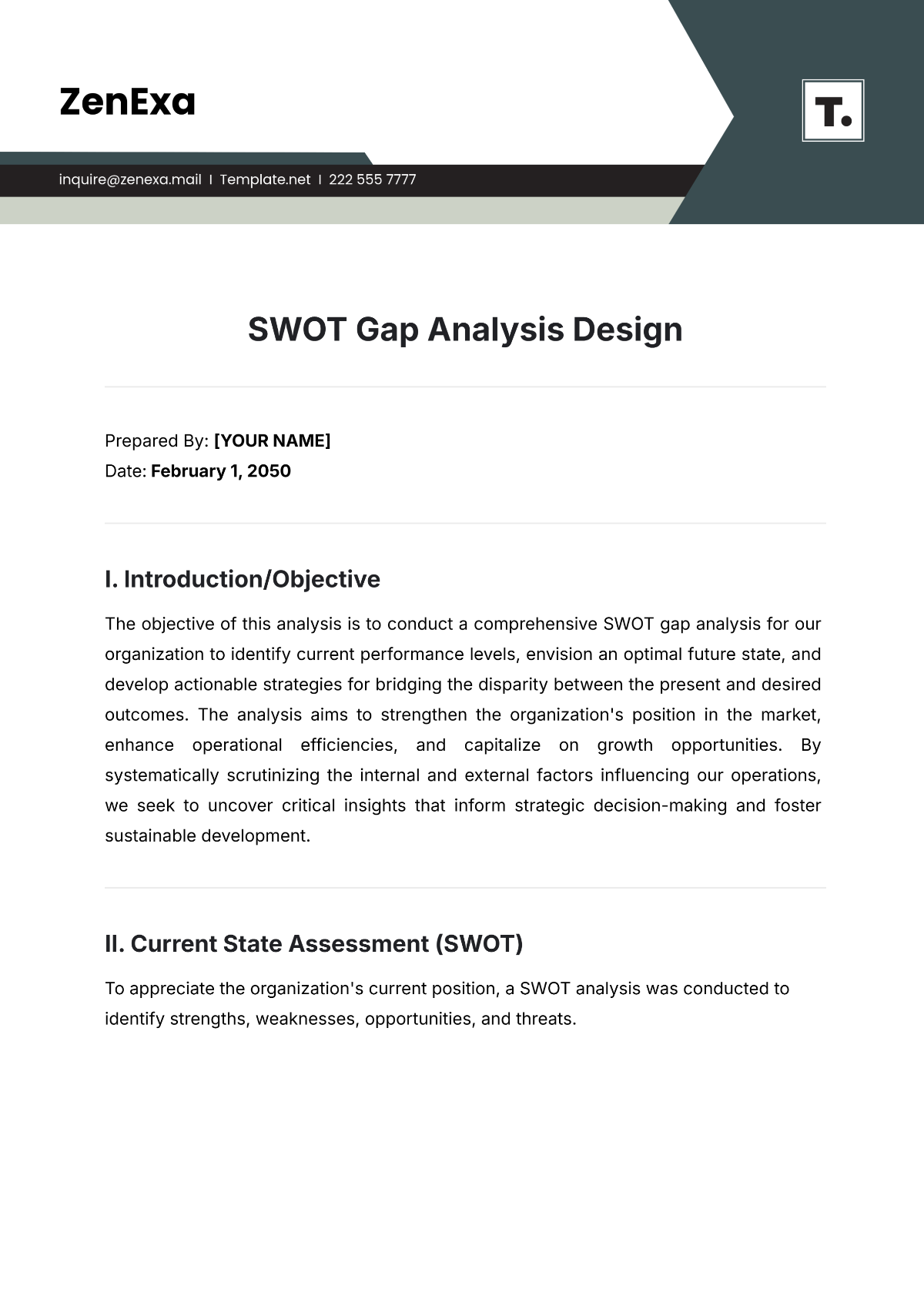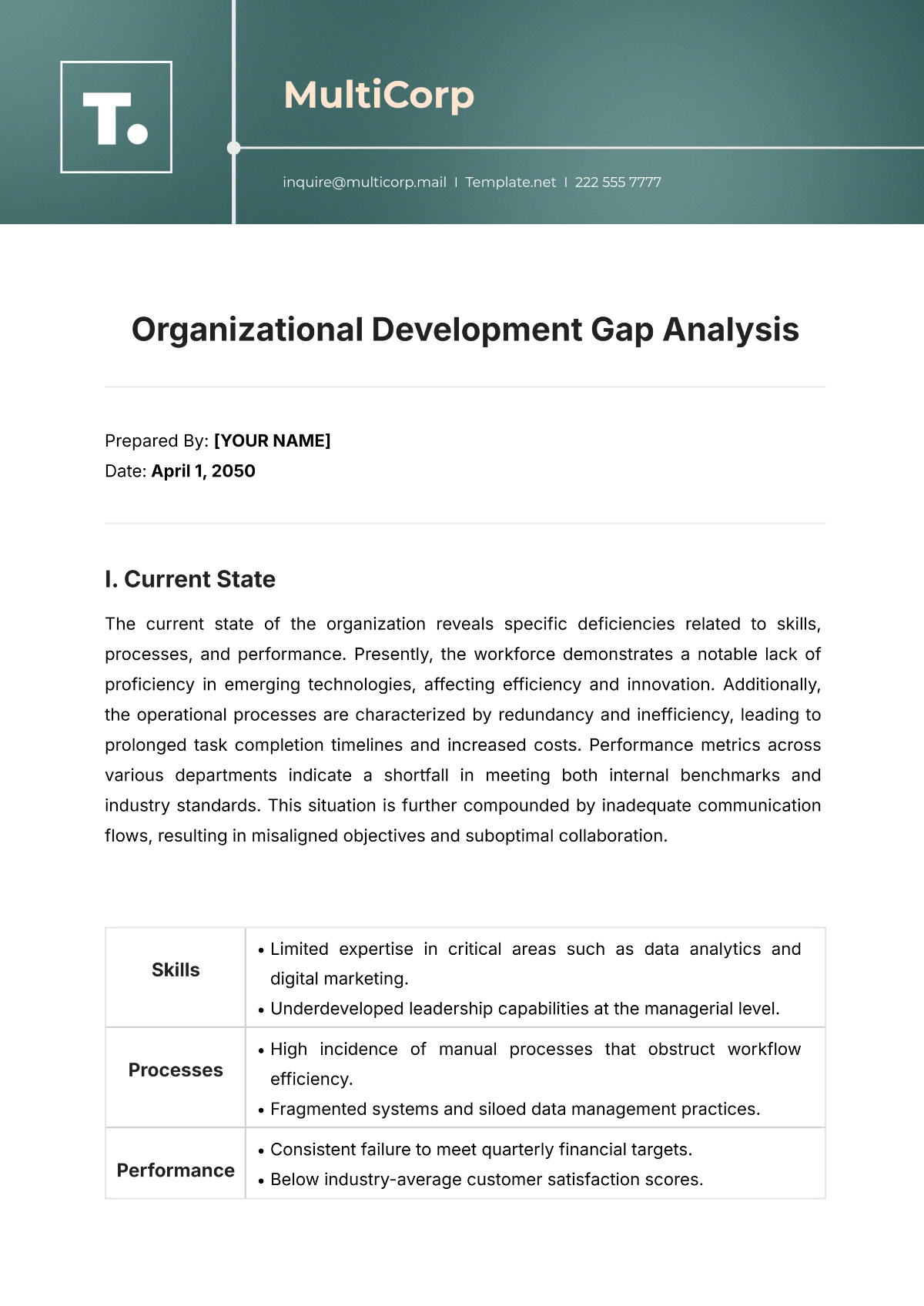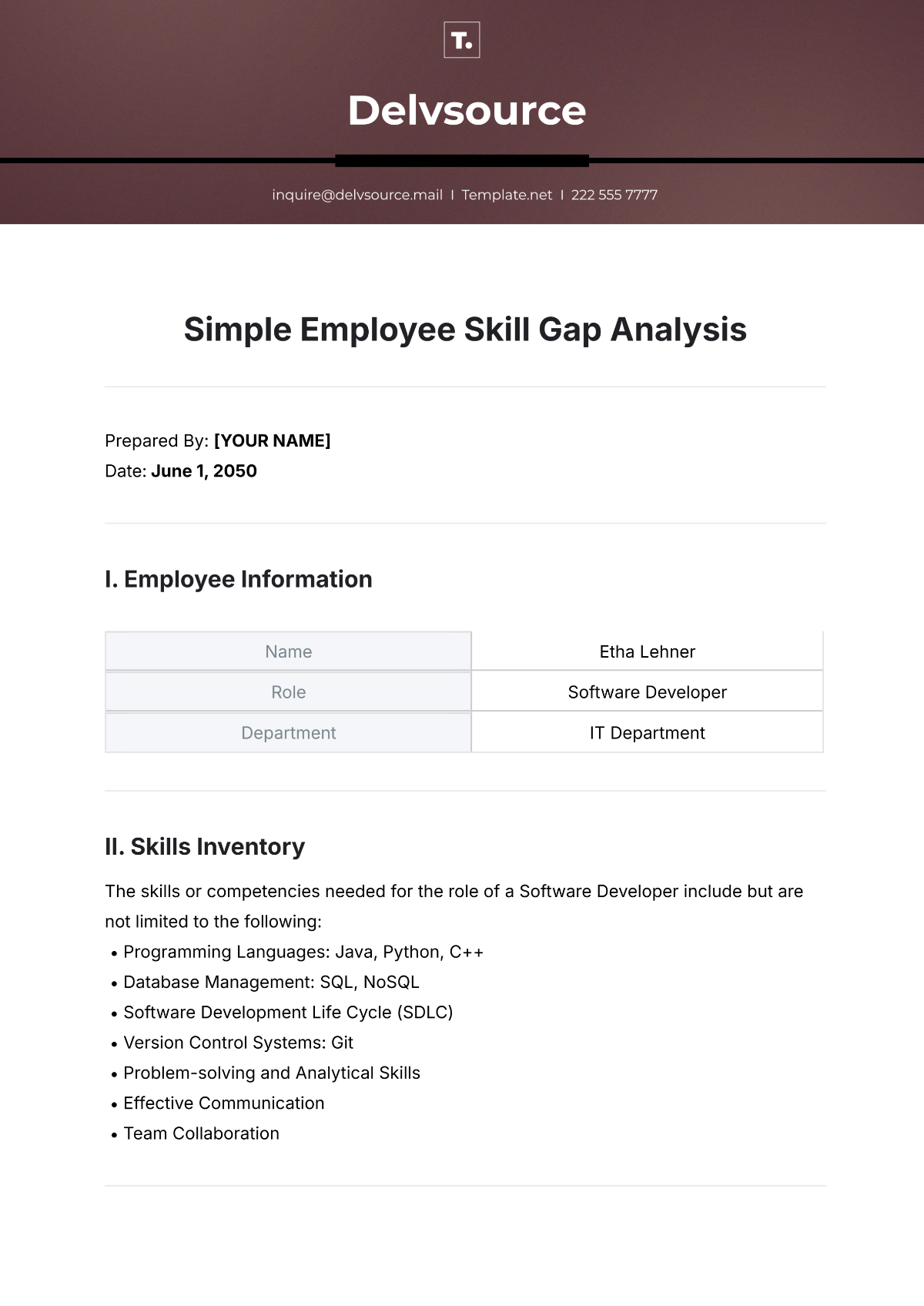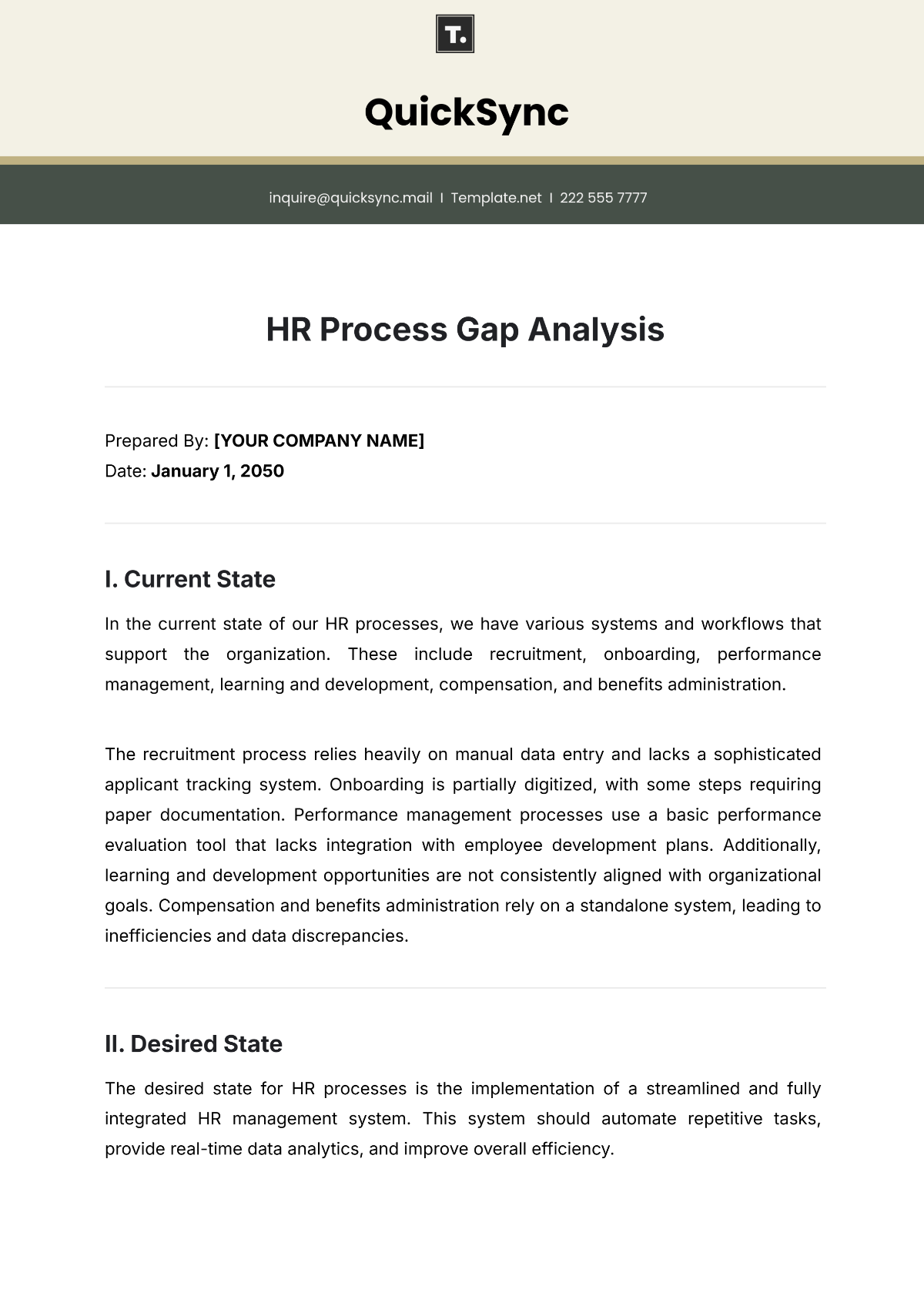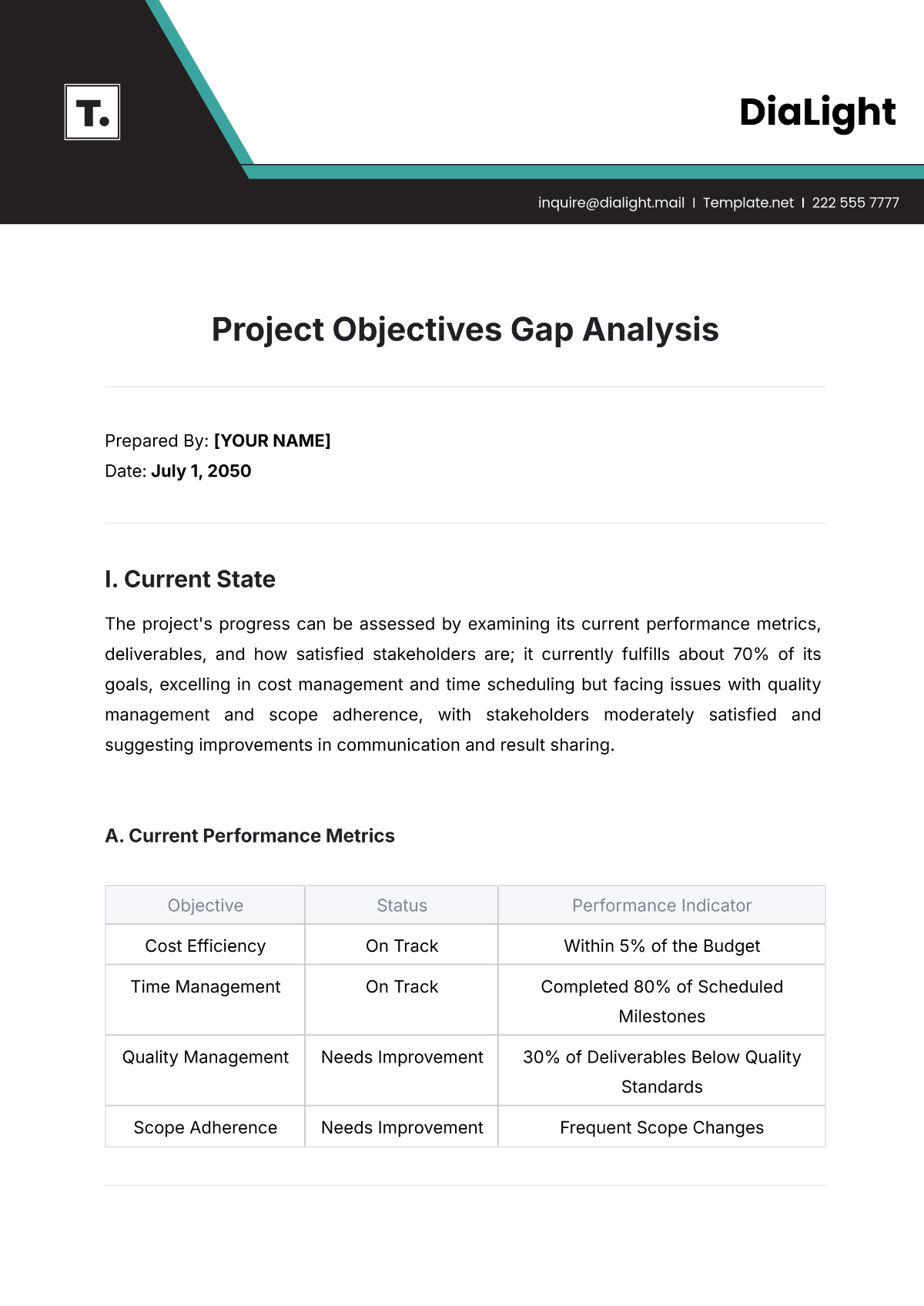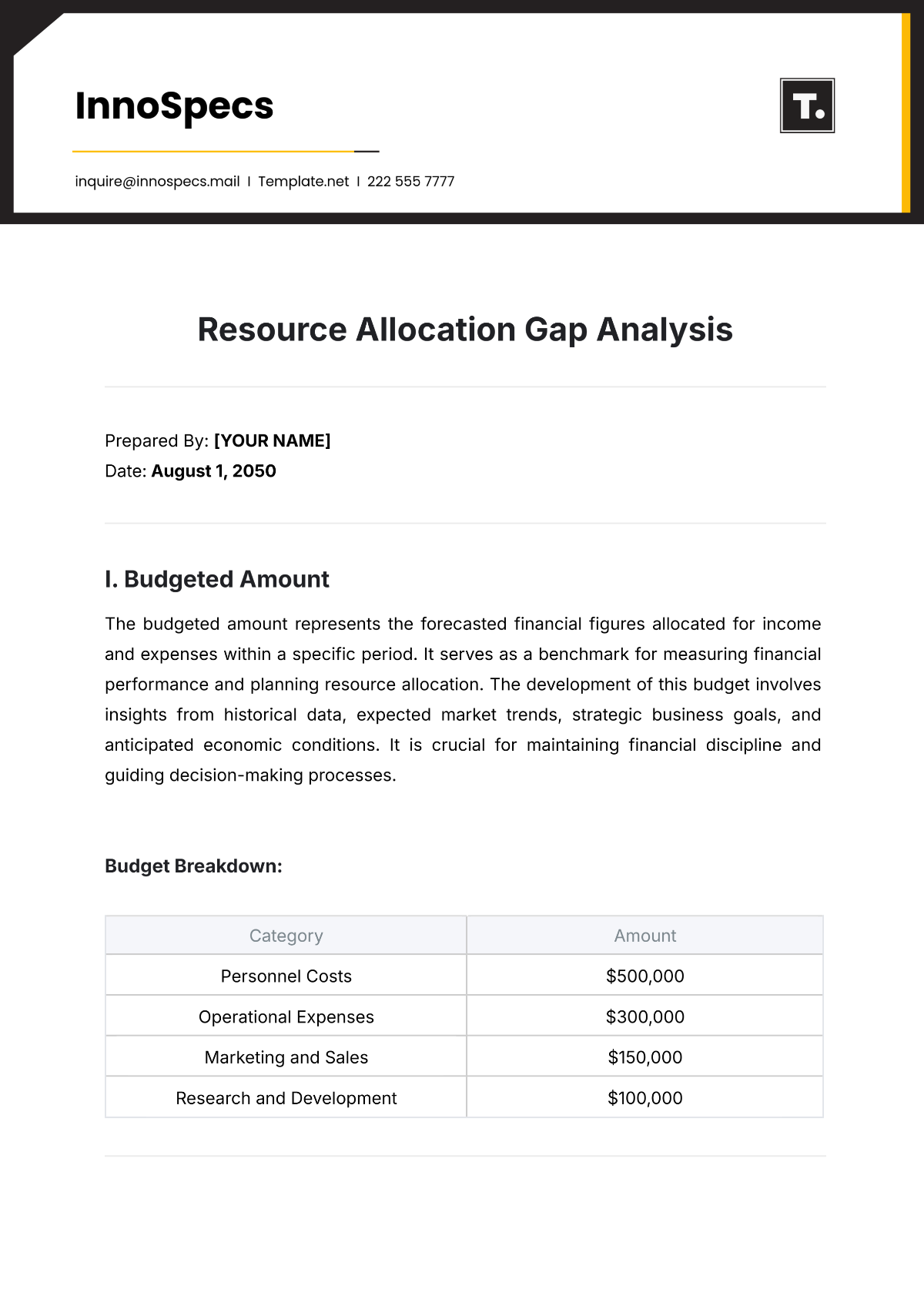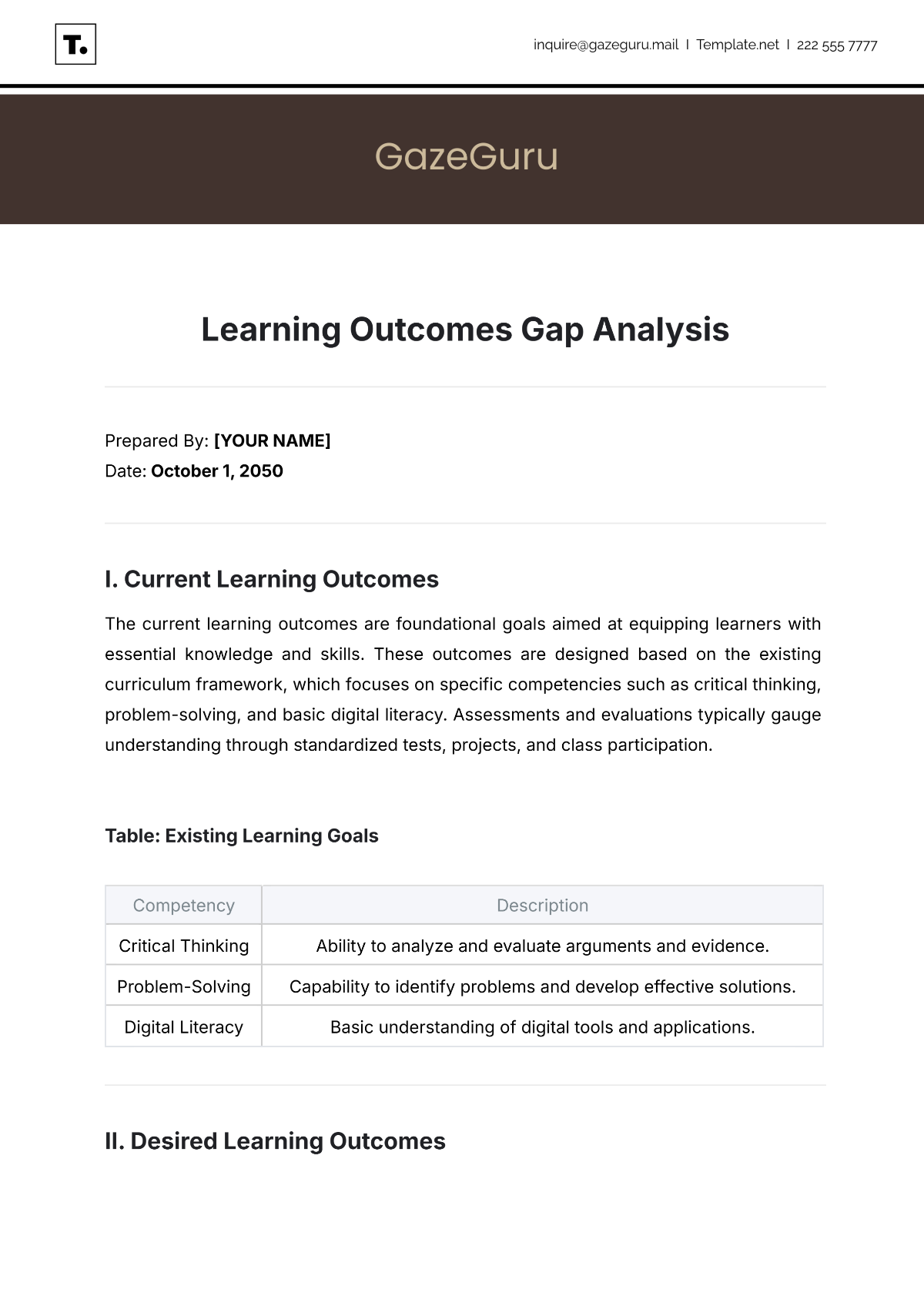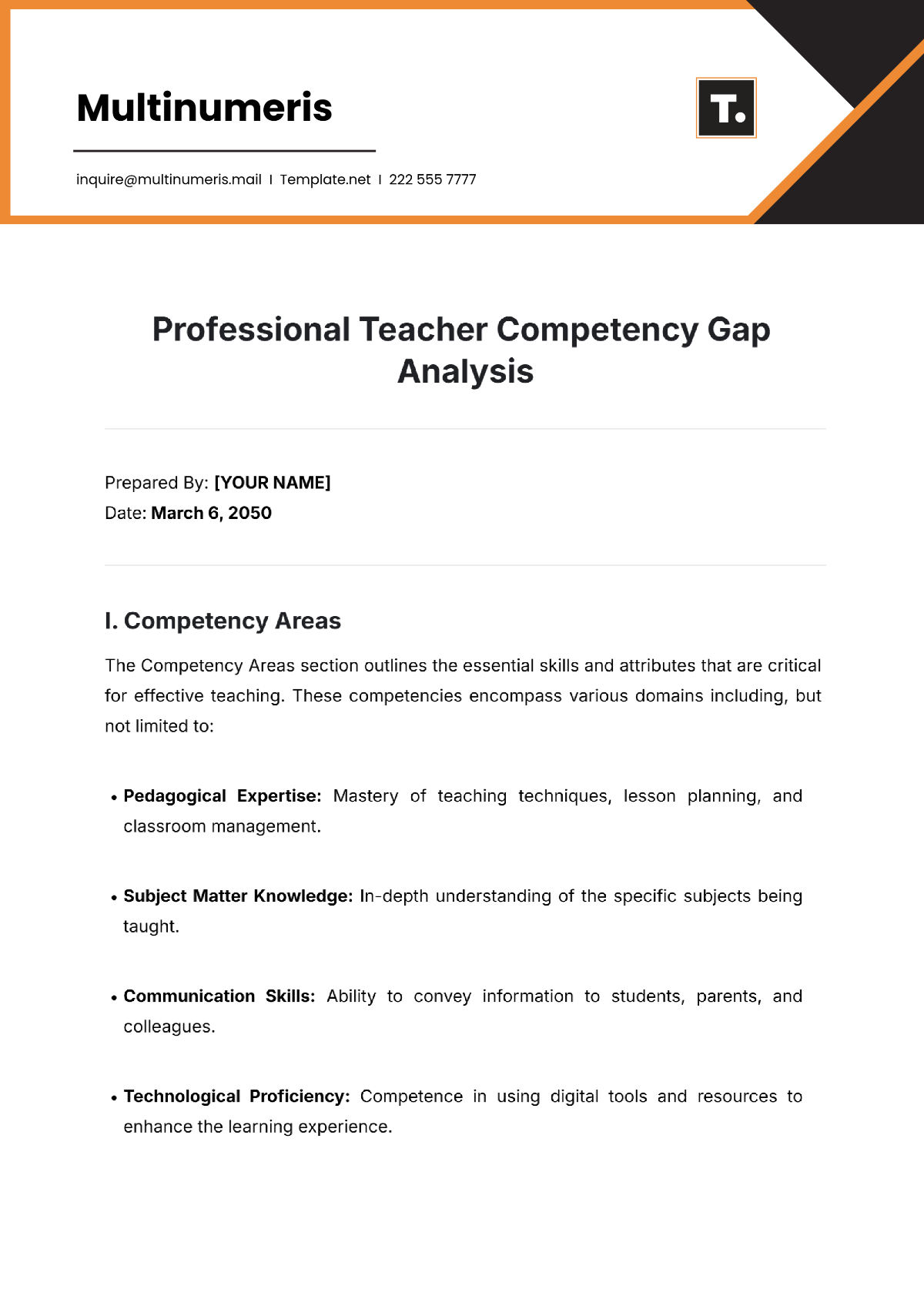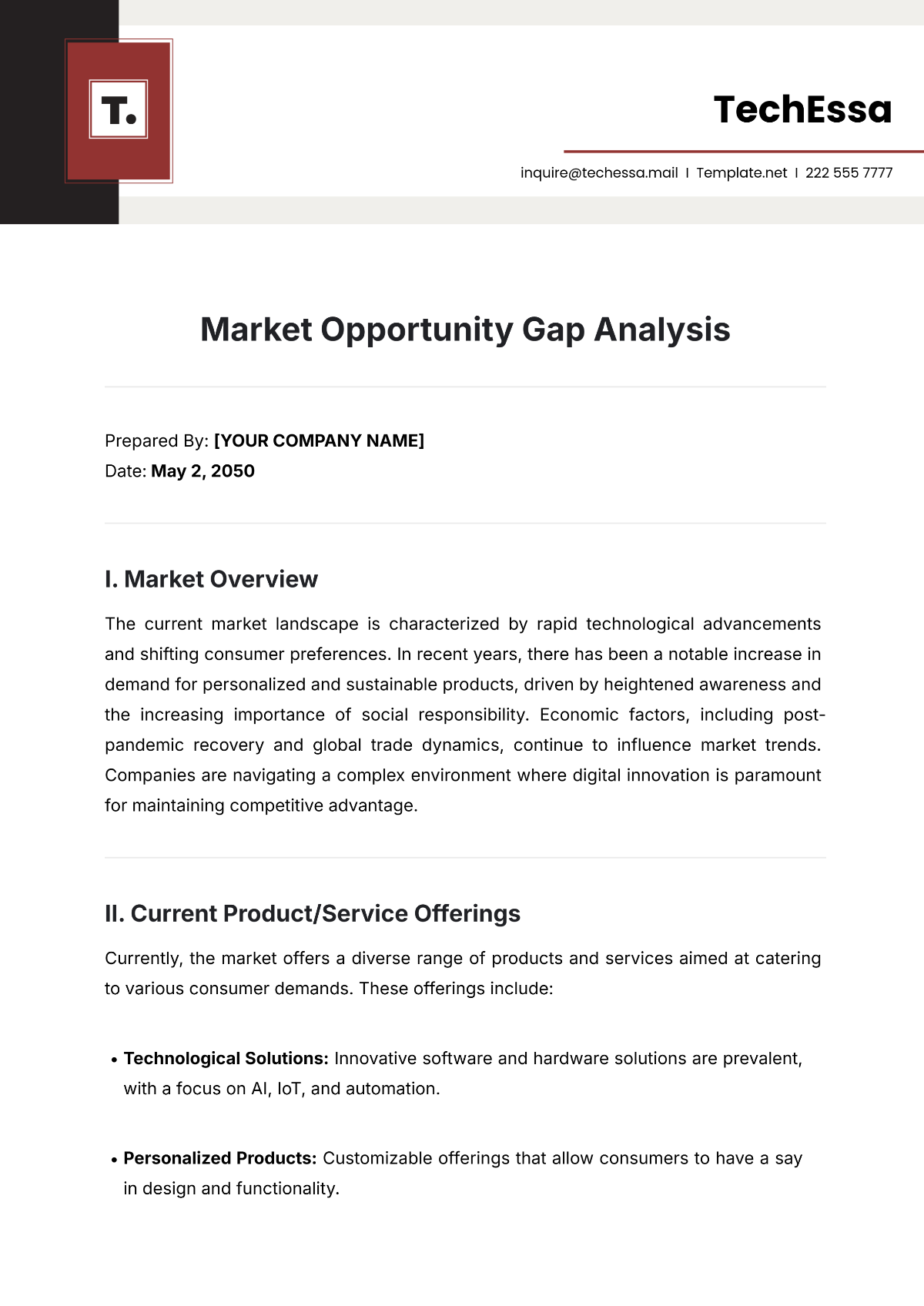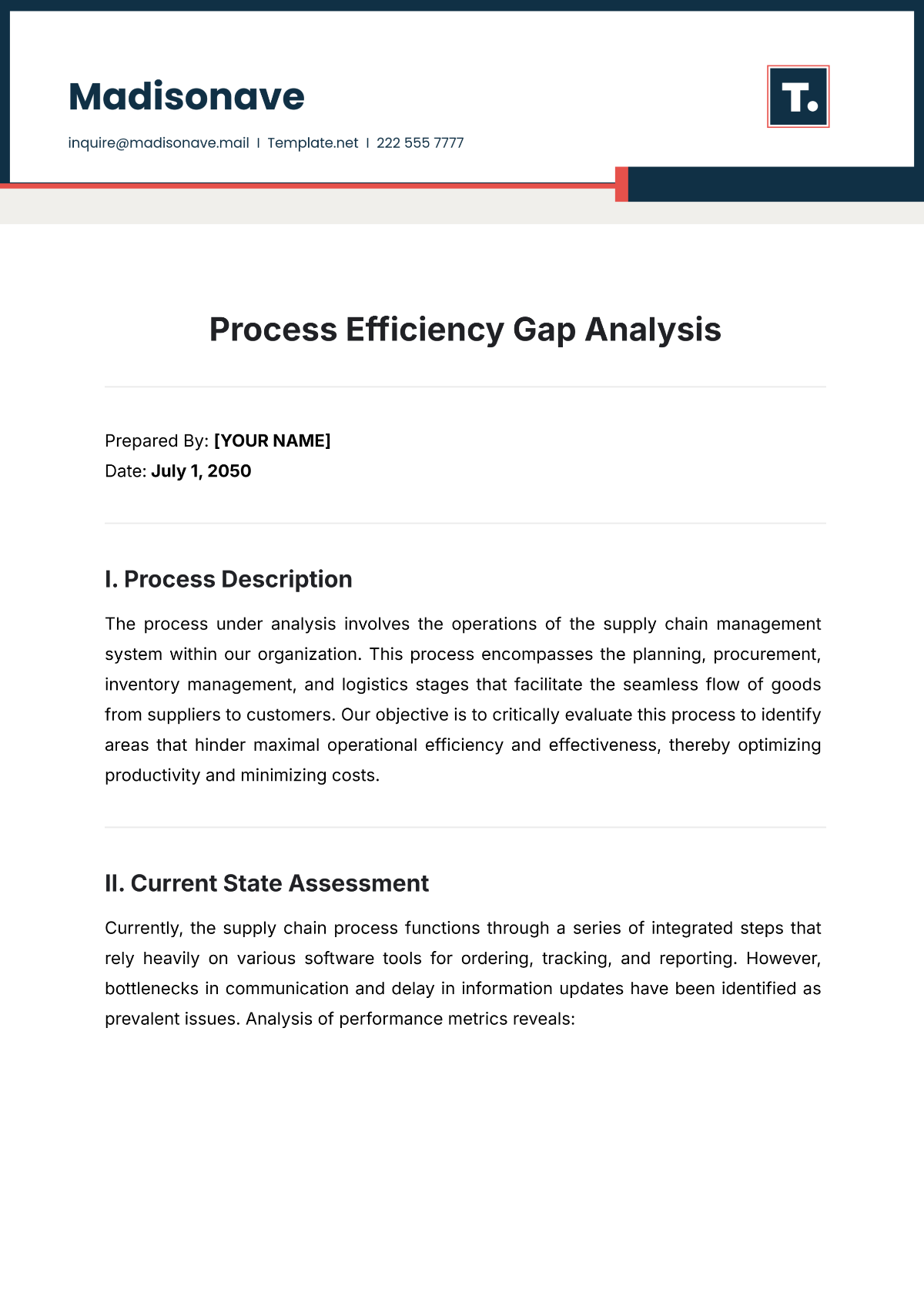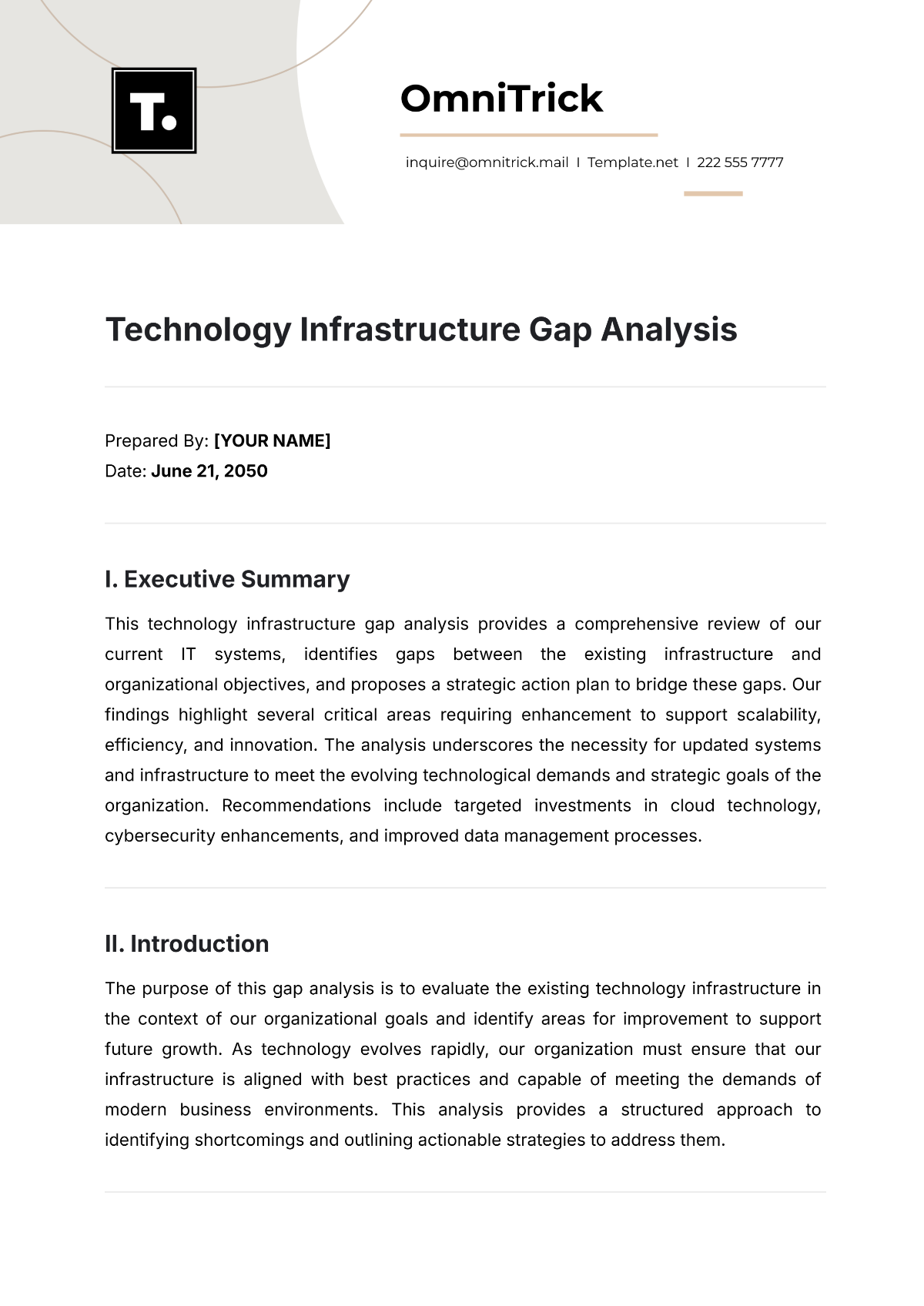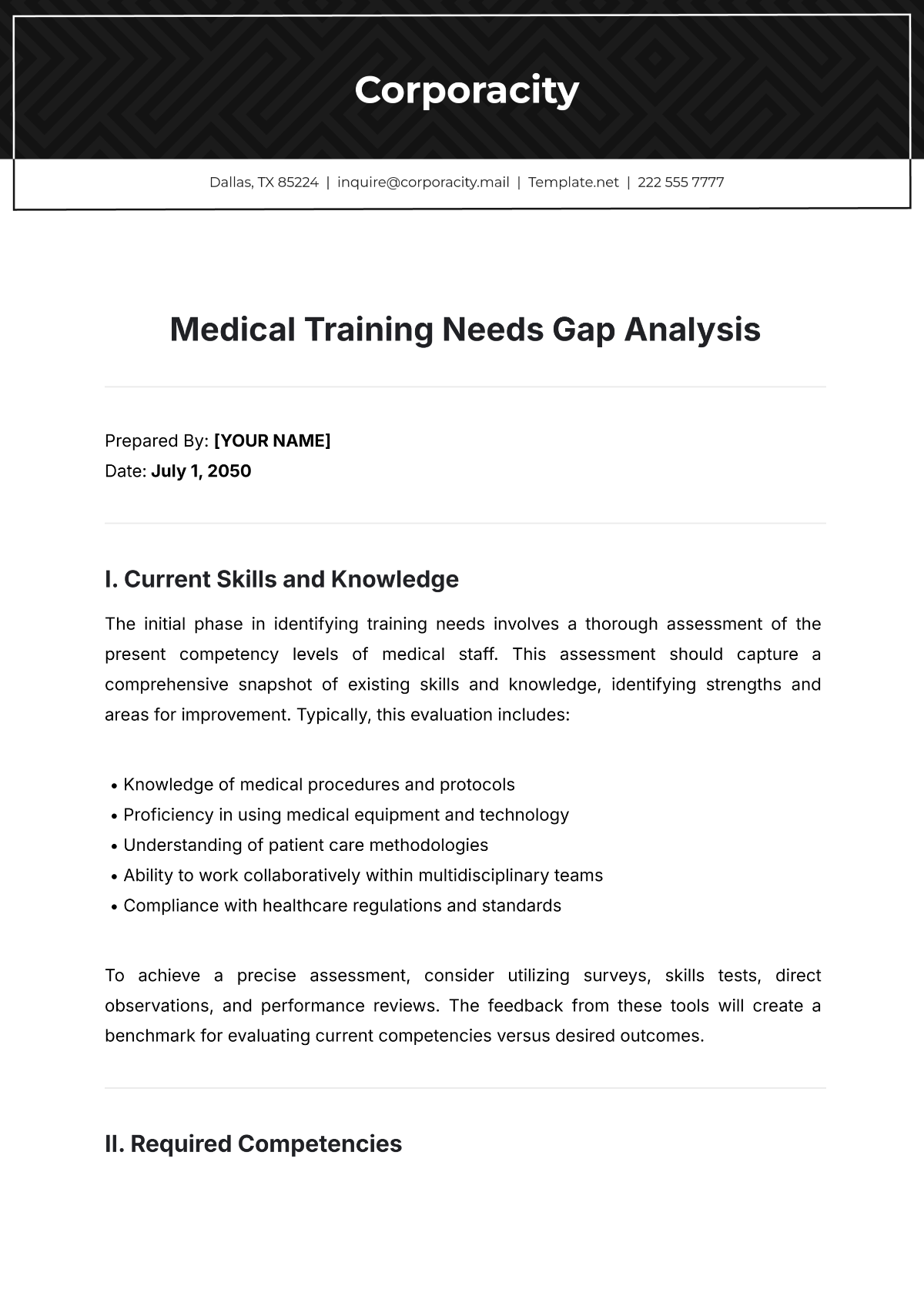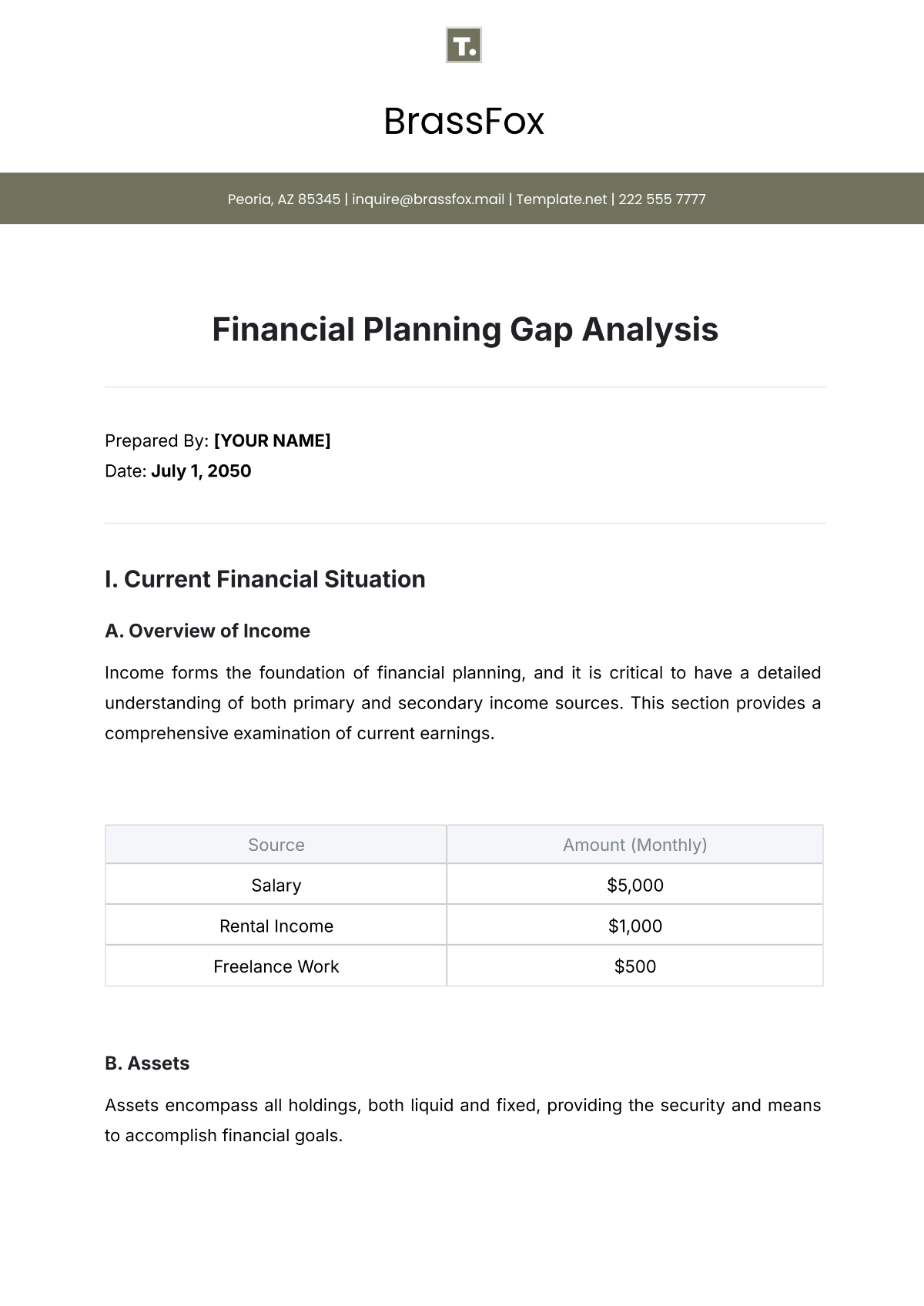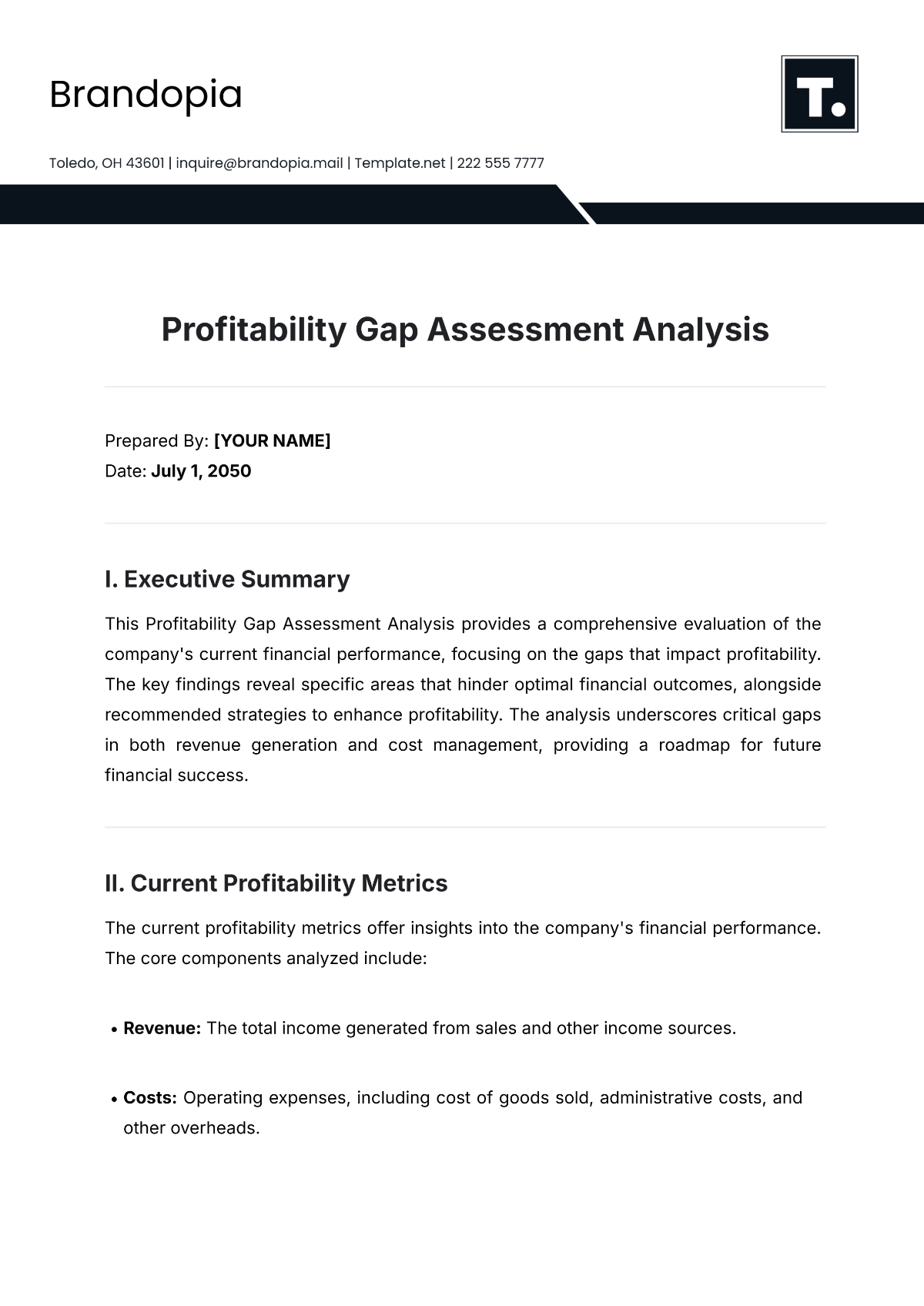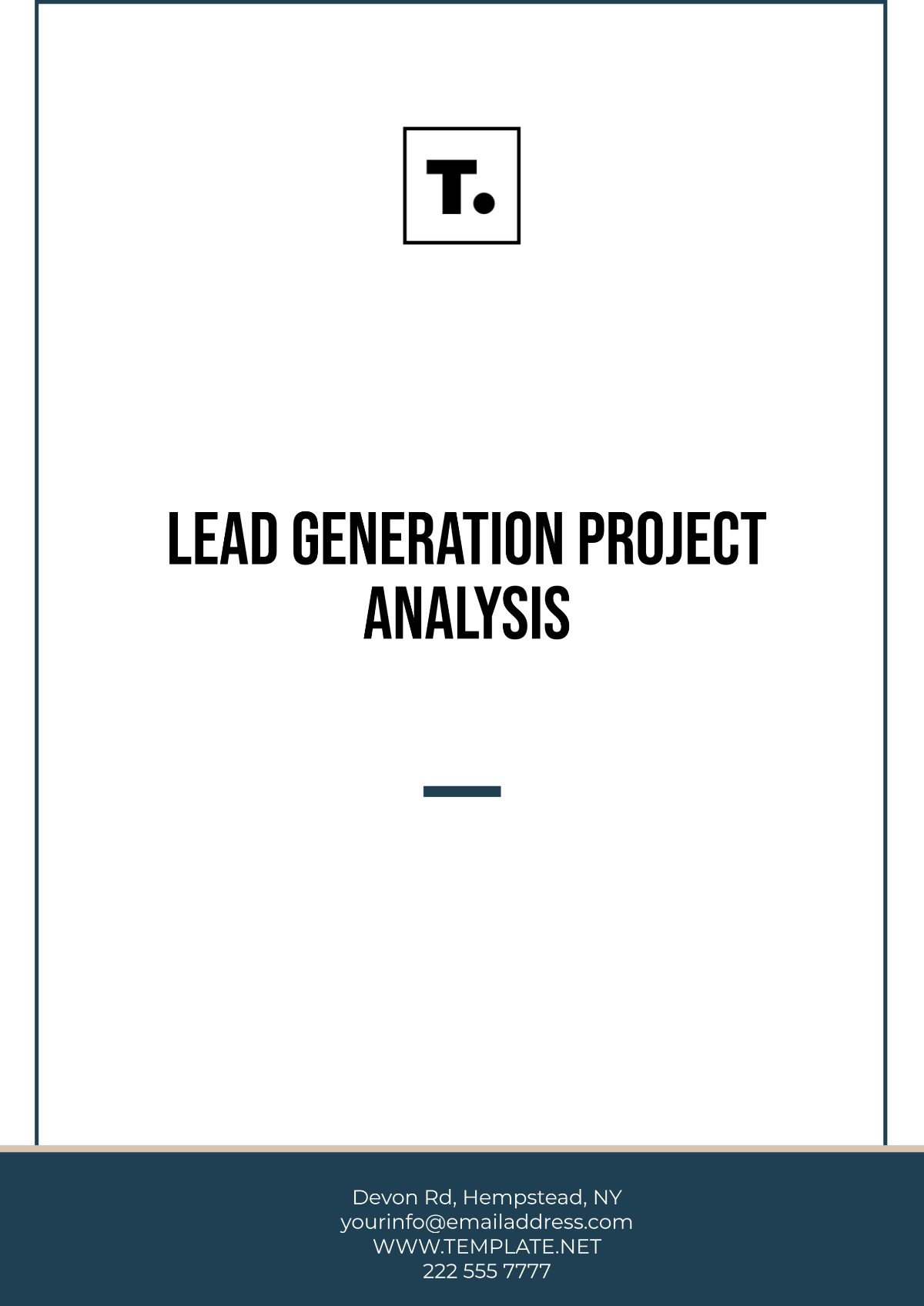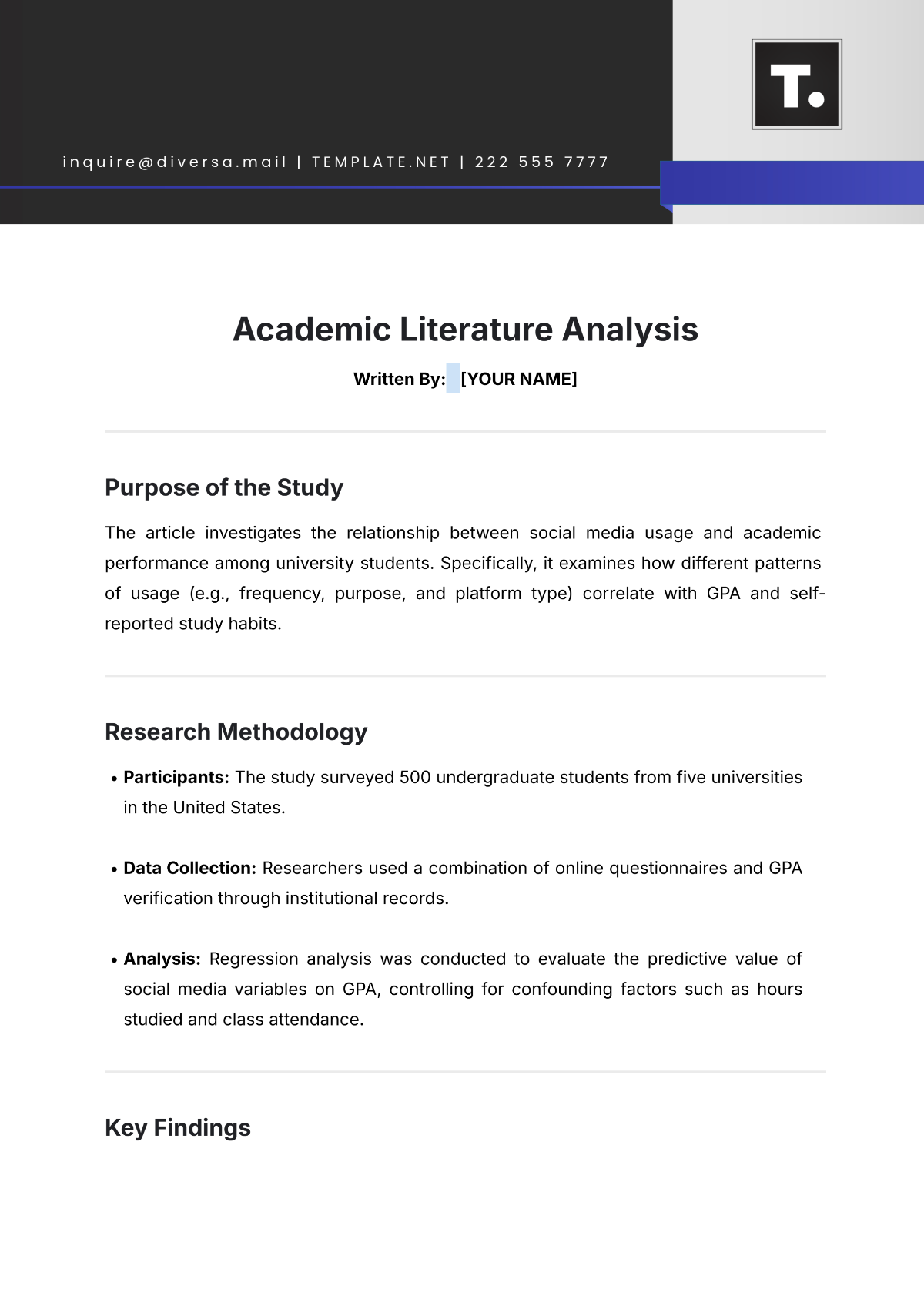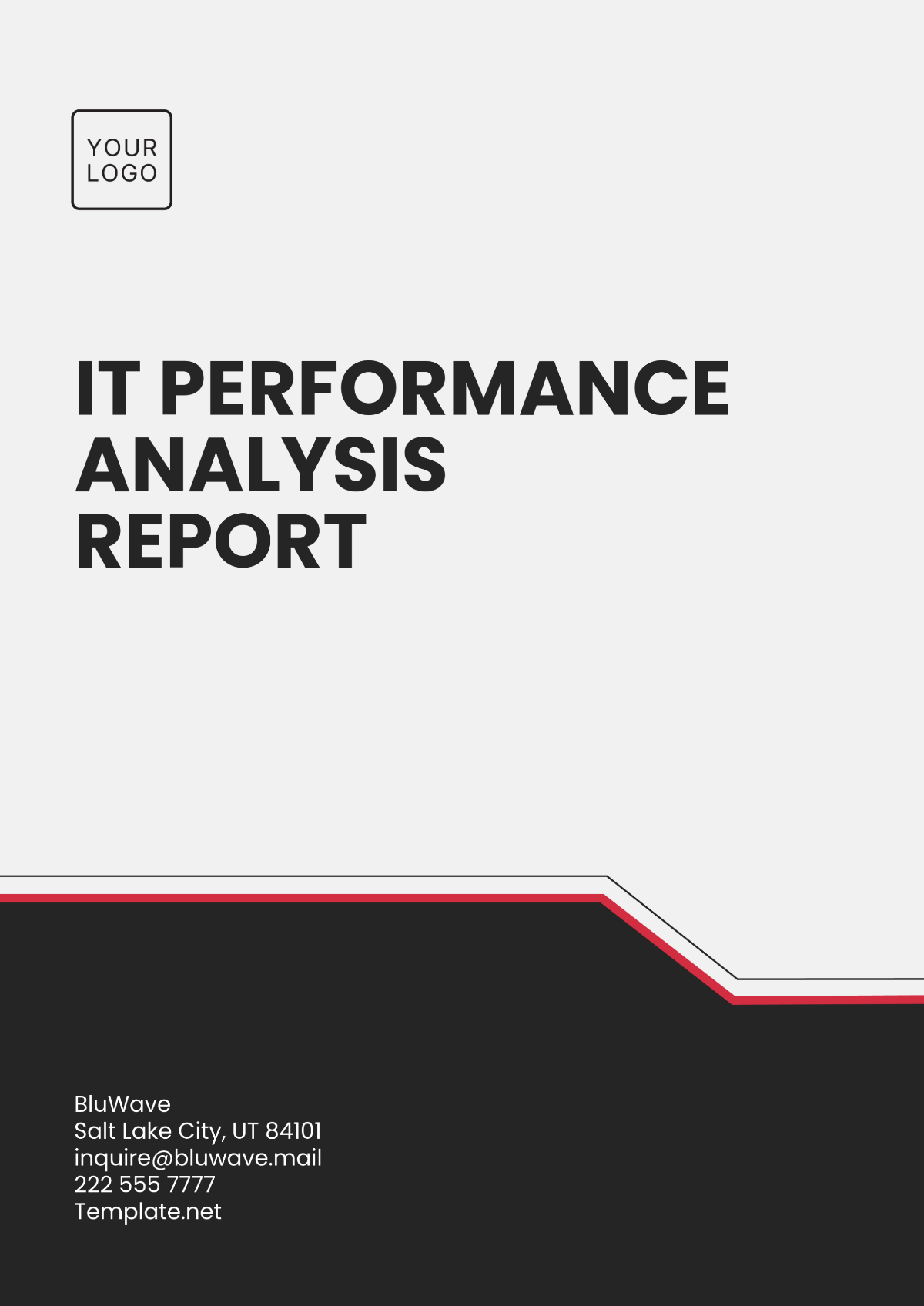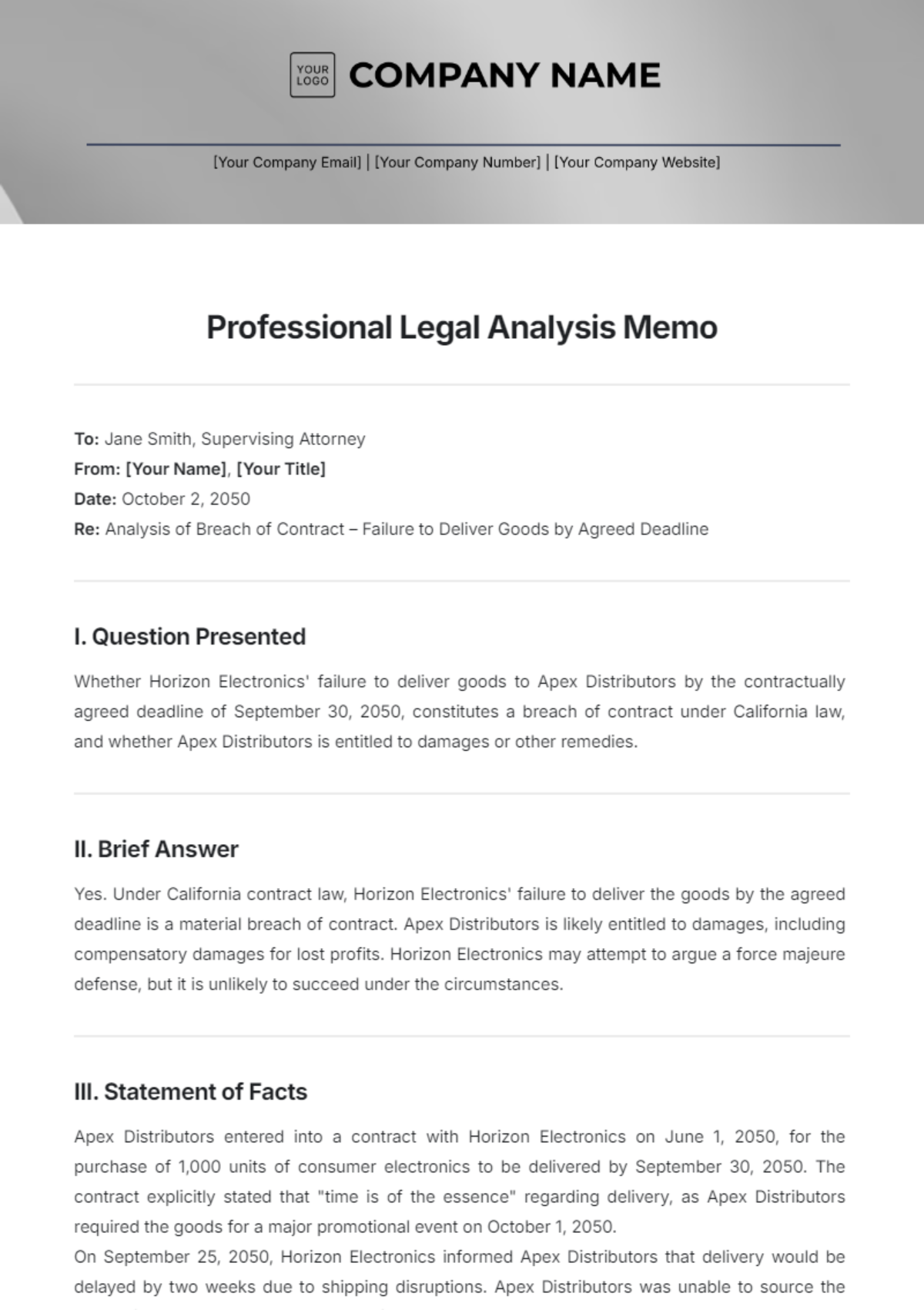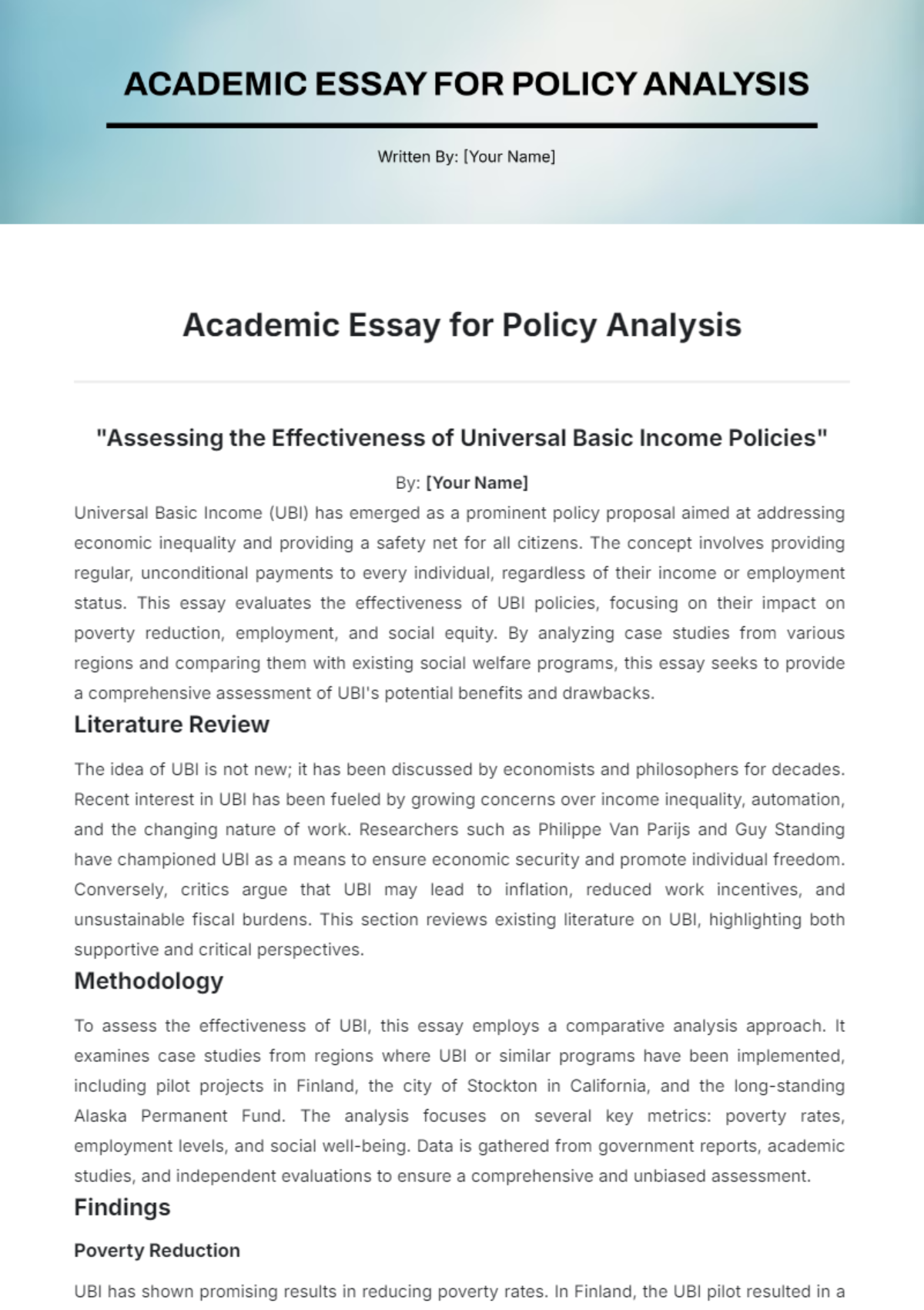Thematic Analysis in Human Sciences
Prepared by: [Your Name]
Date: [Date]
Introduction
Adolescents today face an unprecedented level of exposure to digital technologies. Social media, constant connectivity, and the pressure to maintain online personas have significantly altered the adolescent experience. Studies have shown that this shift can contribute to anxiety and other mental health challenges, but the mechanisms by which this happens remain under-explored.
This study aims to understand how digital interactions influence adolescent anxiety by identifying recurring patterns in how young people experience and cope with anxiety in a hyper-connected world.
Research Questions:
How does social media contribute to feelings of anxiety among adolescents?
What role does cyberbullying play in adolescent mental health?
How does prolonged screen time affect emotional well-being in adolescents?
Literature Review
Review of Existing Literature:
Existing studies have highlighted a correlation between increased social media usage and heightened anxiety among adolescents (Smith & Jones, 2050). Furthermore, cyberbullying has been identified as a key risk factor for depression and anxiety (Brown et al., 2053). Despite this, more research is needed to explore the lived experiences of adolescents navigating these digital spaces.
Methodology
Data Collection:
Data was collected through semi-structured interviews with 20 adolescents (13 girls, 7 boys) aged 13-17. Participants were recruited from local high schools and provided informed consent. Each interview lasted approximately 45 minutes and focused on their digital habits, social media interactions, and experiences with anxiety.Data Analysis:
The interviews were transcribed and coded using thematic analysis, following Braun and Clarke’s (2052) six-step framework. Initial codes were generated based on recurring concepts, and patterns were identified across the data set. Themes were then reviewed, defined, and named based on their prevalence and relevance to the research questions.
Findings/Themes
Theme 1: Social Comparison and Low Self-Esteem
Adolescents frequently reported feeling inadequate when comparing themselves to the seemingly perfect lives portrayed on social media. They expressed that platforms like Instagram and TikTok often foster unrealistic beauty standards and success narratives, leading to self-doubt and anxiety about their achievements and appearance. One participant stated, “Everyone else’s life seems so perfect, and it makes me feel like I’m not doing enough.”Theme 2: Cyberbullying and Psychological Distress
Several participants recounted experiences of cyberbullying, either as victims or witnesses. The anonymity and widespread reach of online harassment made these experiences particularly damaging. One respondent shared, “The bullying never stops. It’s like you can’t escape it even when you’re home.” The participants who experienced cyberbullying often exhibited higher levels of anxiety, describing feelings of fear, isolation, and hopelessness.Theme 3: Screen Time and Sleep Disruption
Many participants acknowledged that prolonged screen time, especially before bed, negatively affected their sleep patterns and contributed to feelings of anxiety. They expressed difficulties in falling asleep and staying asleep due to excessive exposure to screens, particularly smartphones. One adolescent explained, “I stay up scrolling through my phone, and even though I know I should sleep, I can’t stop. Then I worry about not getting enough rest for school.”
Discussion
Interpretation of Themes:
The thematic analysis revealed that social comparison, cyberbullying, and excessive screen time are significant contributors to adolescent anxiety. The constant exposure to idealized lifestyles on social media fosters feelings of inadequacy, while the pervasive nature of cyberbullying creates an environment of fear and insecurity. Furthermore, the detrimental effects of screen time on sleep indicate a physical component of the anxiety experienced by adolescents.Implications:
The insights from this analysis suggest that interventions aimed at reducing anxiety in adolescents should focus on digital literacy programs, helping young people critically engage with social media content. Additionally, policies targeting cyberbullying prevention and promoting healthy screen habits could mitigate some of the mental health challenges associated with the digital age.
Conclusion
Summary of Key Findings:
This thematic analysis identified social comparison, cyberbullying, and excessive screen time as key themes related to adolescent anxiety in the digital age. These themes underscore the complex relationship between technology and mental health, suggesting that digital platforms can amplify existing anxieties.Recommendations:
Future research should explore the effectiveness of interventions designed to foster digital resilience in adolescents. Programs focusing on digital mindfulness, coping strategies for cyberbullying, and limiting screen time may help mitigate the negative impacts of digital environments on adolescent well-being.
Limitations
Limitations of the Study:
This study had a relatively small sample size and was limited to participants from a specific geographical region, which may restrict the generalizability of the findings. Additionally, self-reported data may be subject to bias, as participants might downplay or exaggerate their experiences.
References
Brown, T., & Johnson, R. (2050). Cyberbullying and adolescent mental health: A review of the literature. Journal of Adolescent Psychology, 45(3), 145-160.
Smith, J., & Jones, A. (2051). Social media and anxiety: Examining the impact of social comparison. Journal of Digital Mental Health, 12(1), 23-35.
Braun, V., & Clarke, V. (2054). Using thematic analysis in psychology. Qualitative Research in Psychology, 3(2), 77-101.
